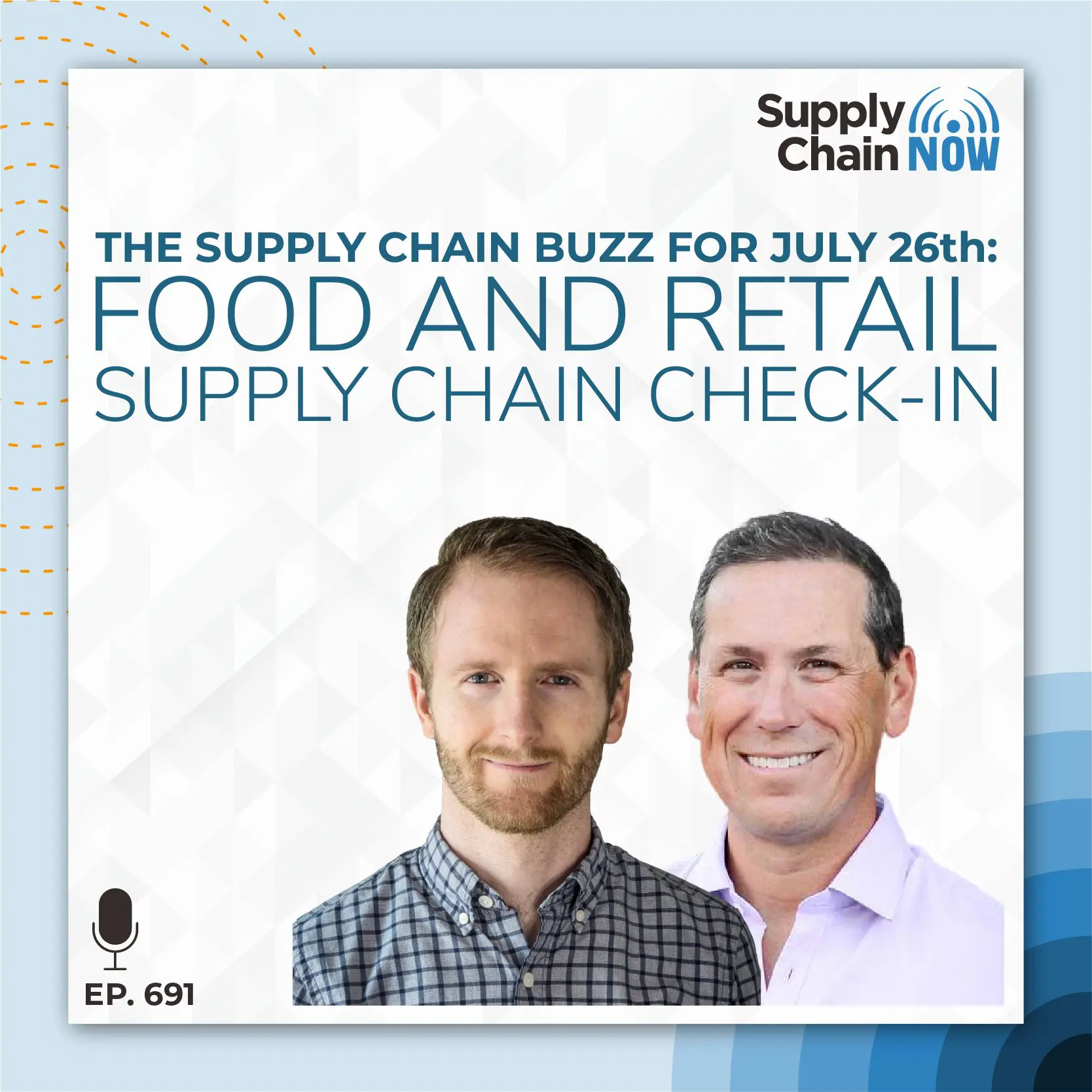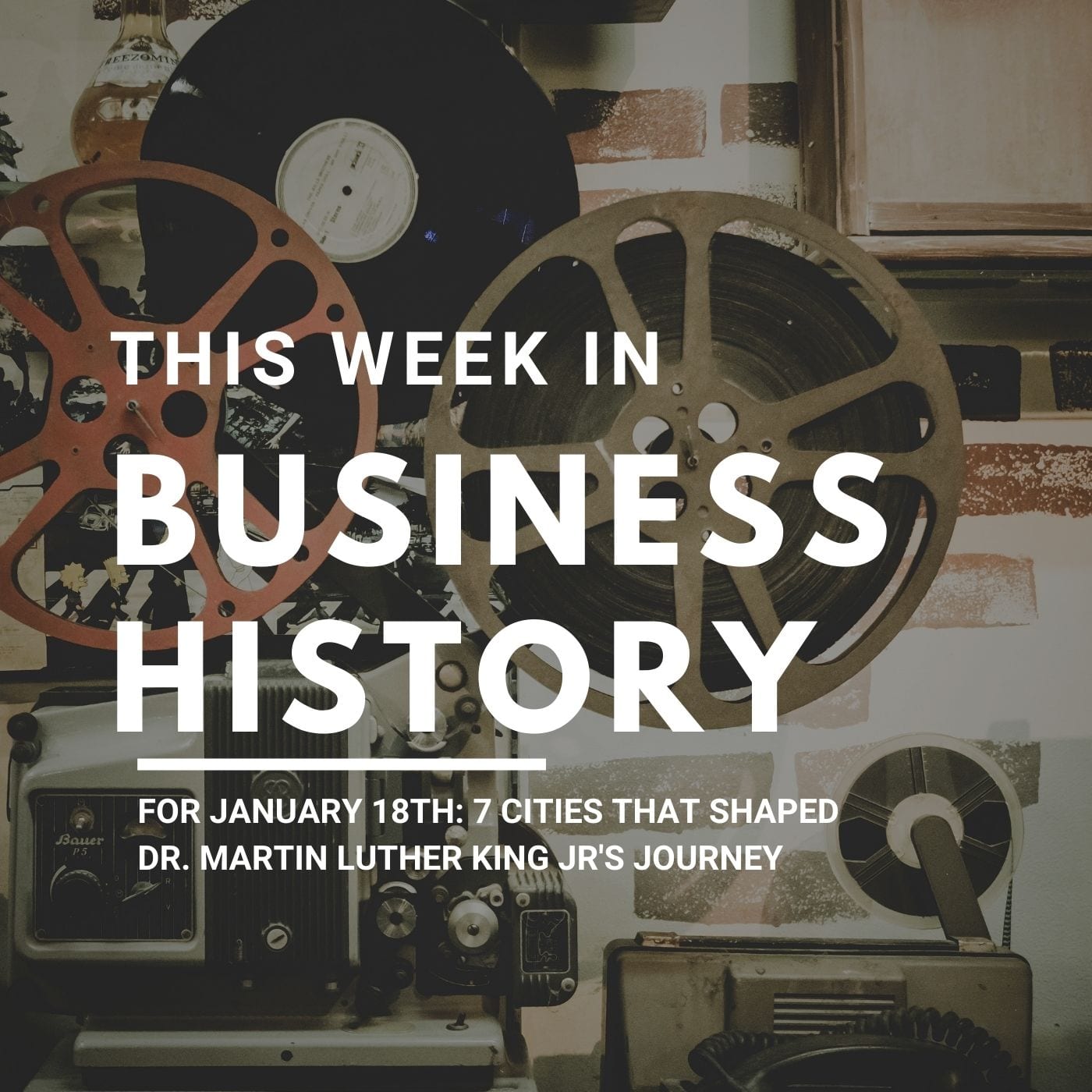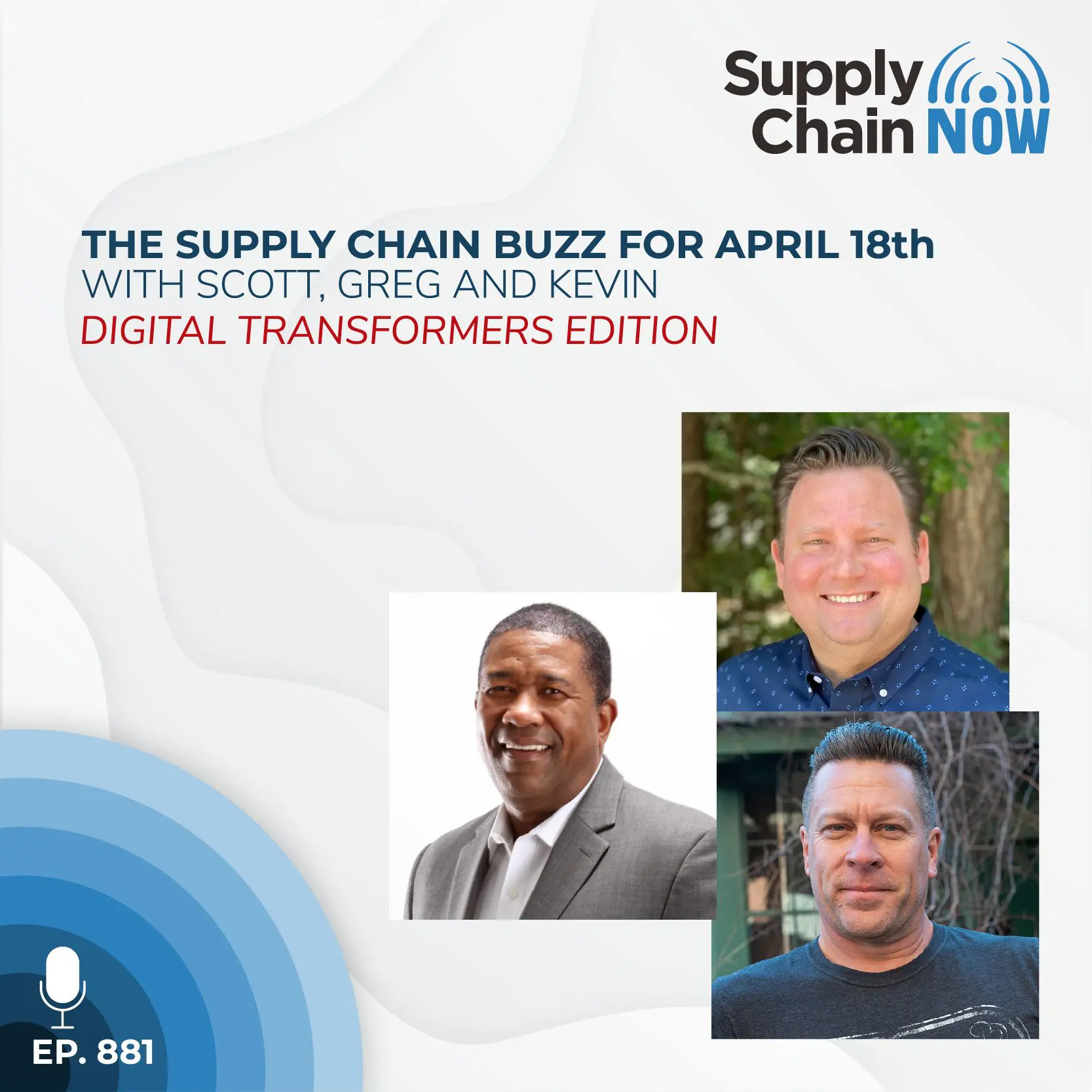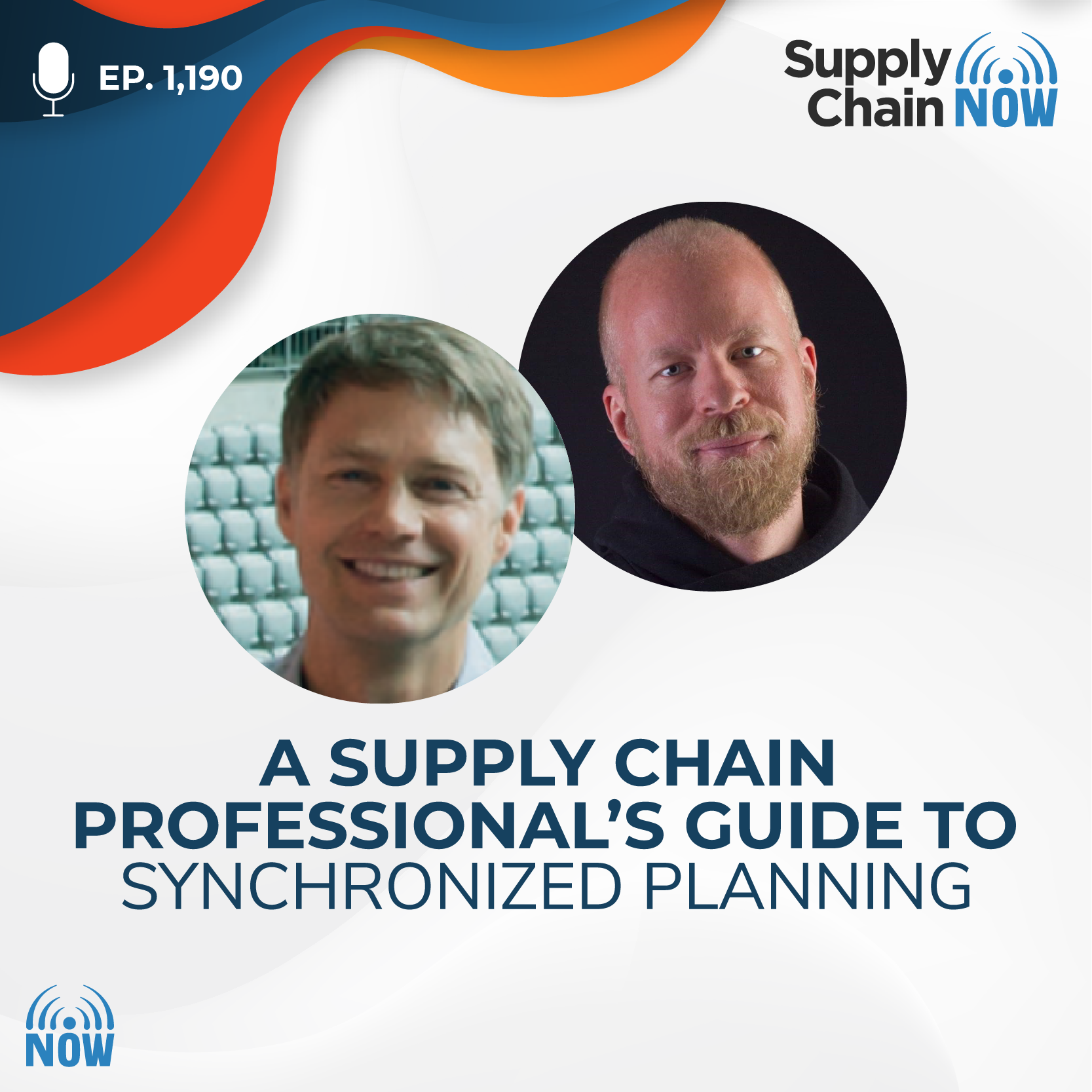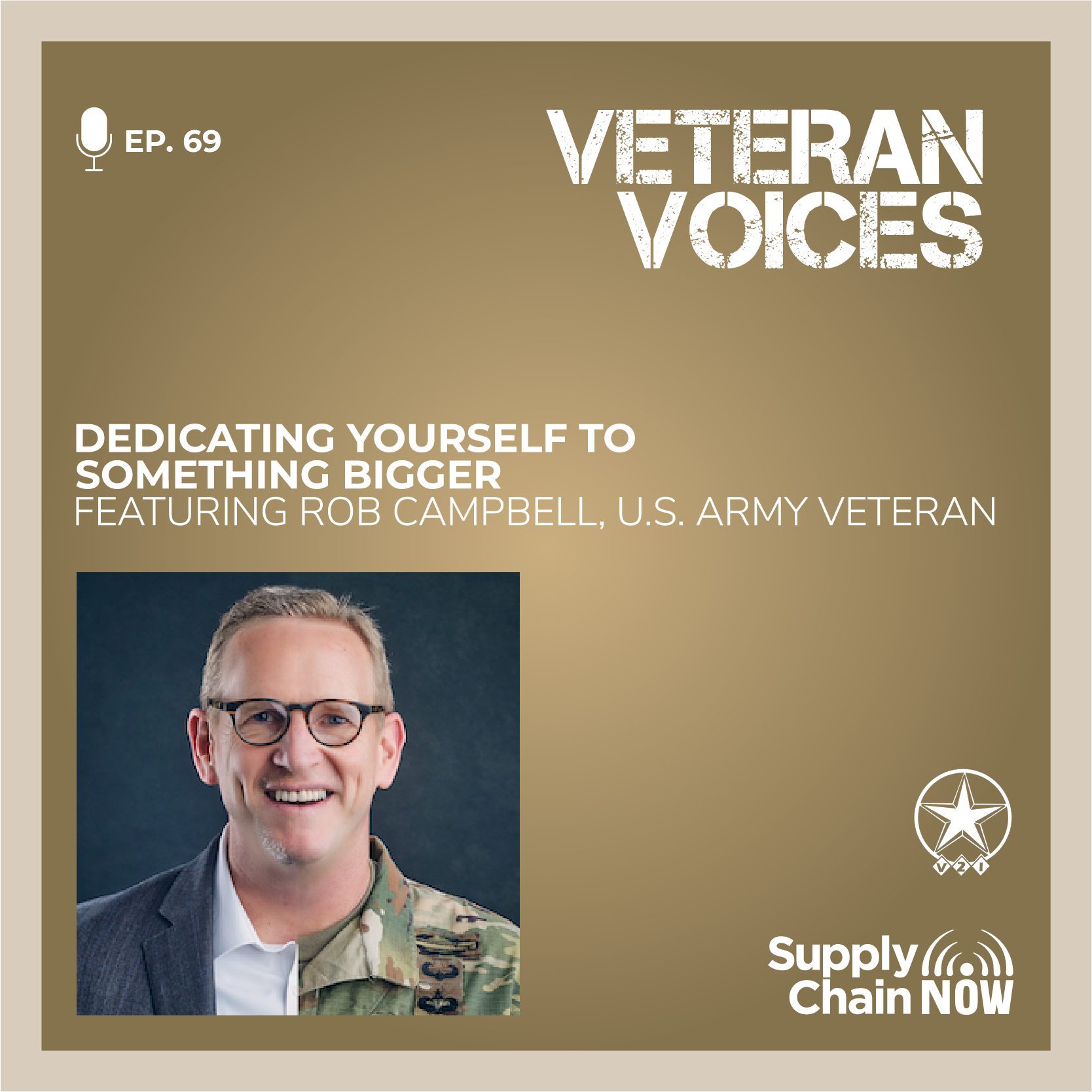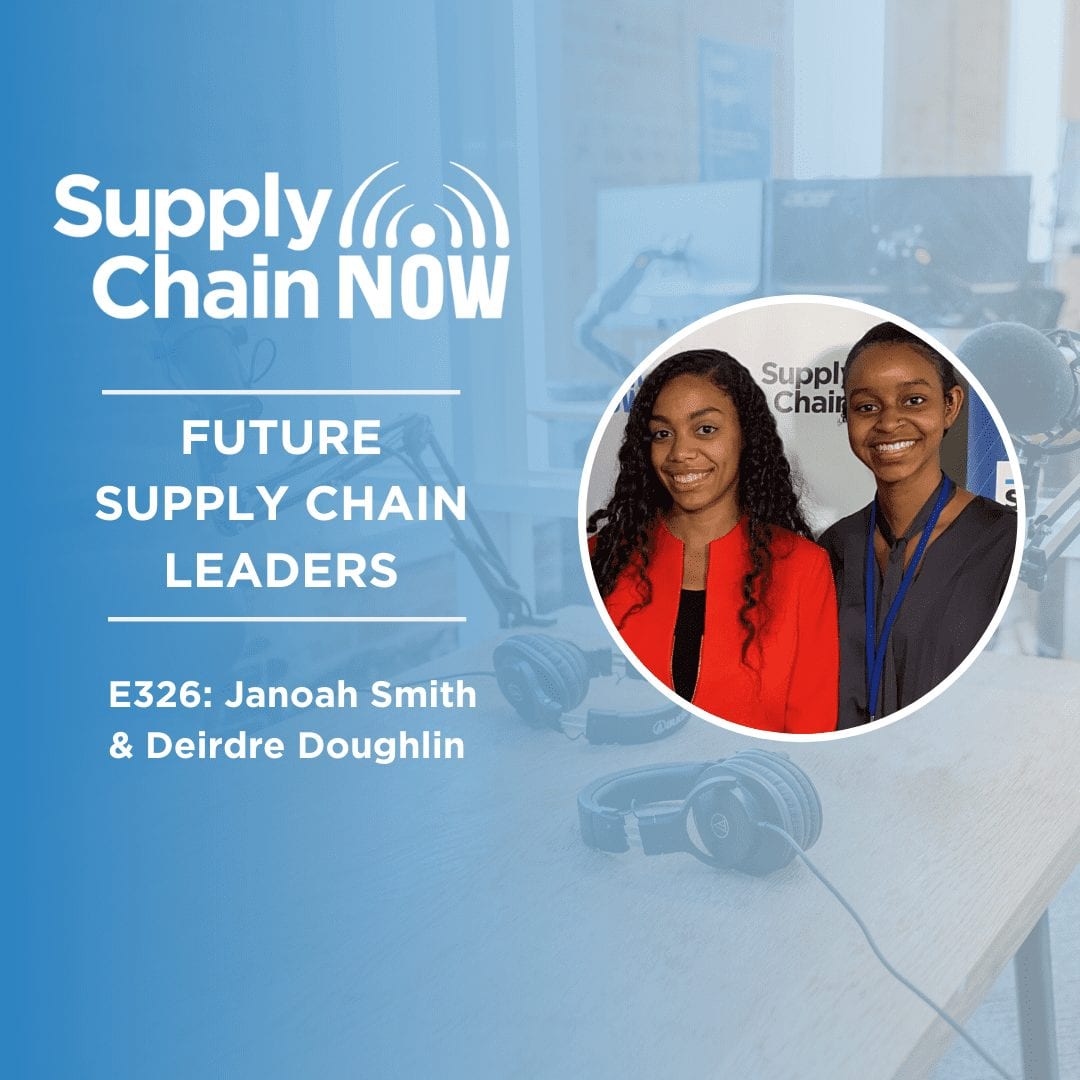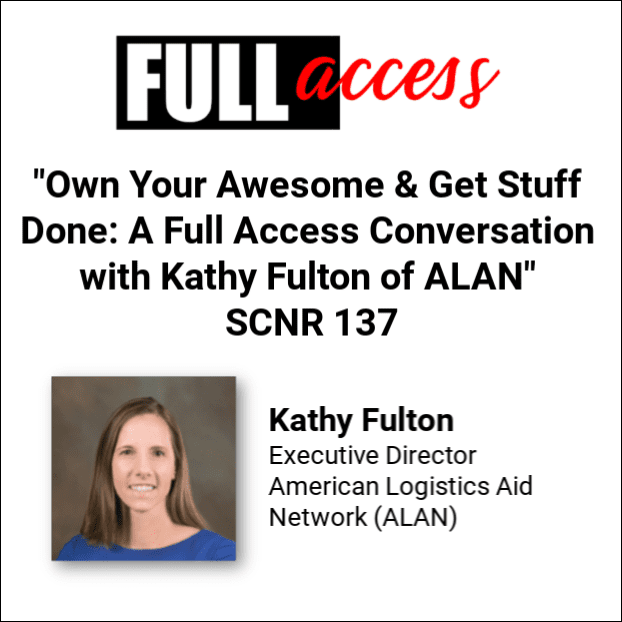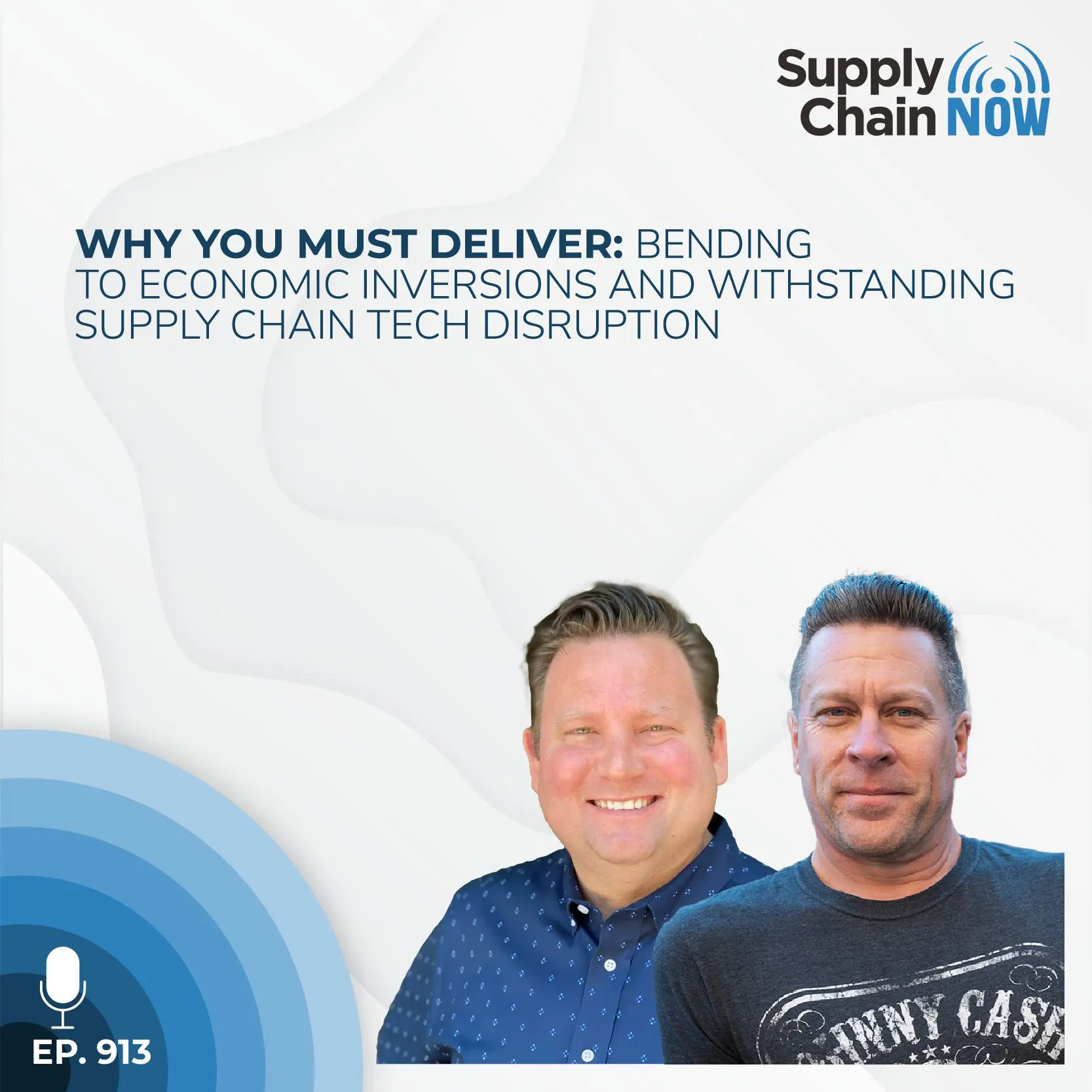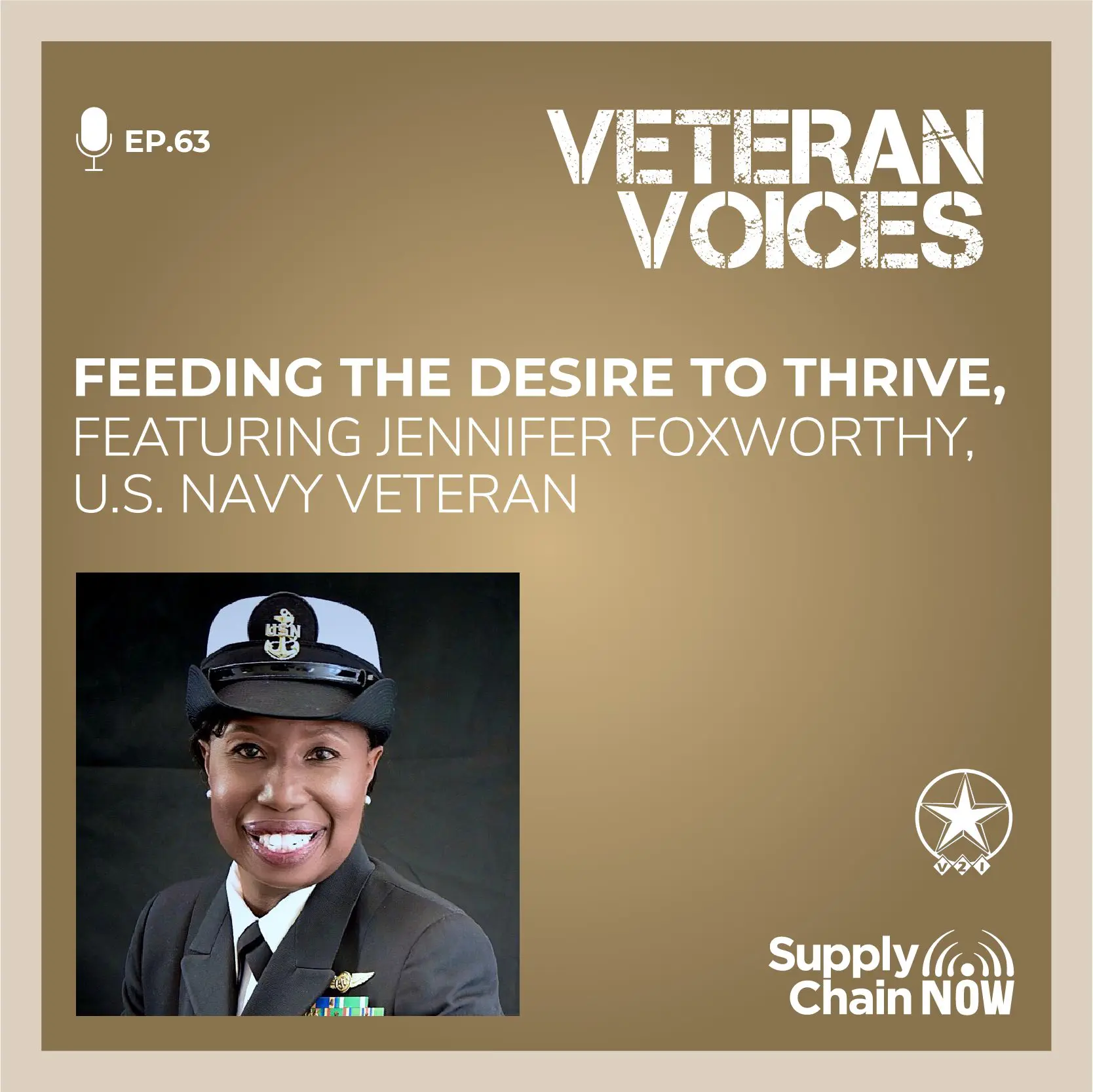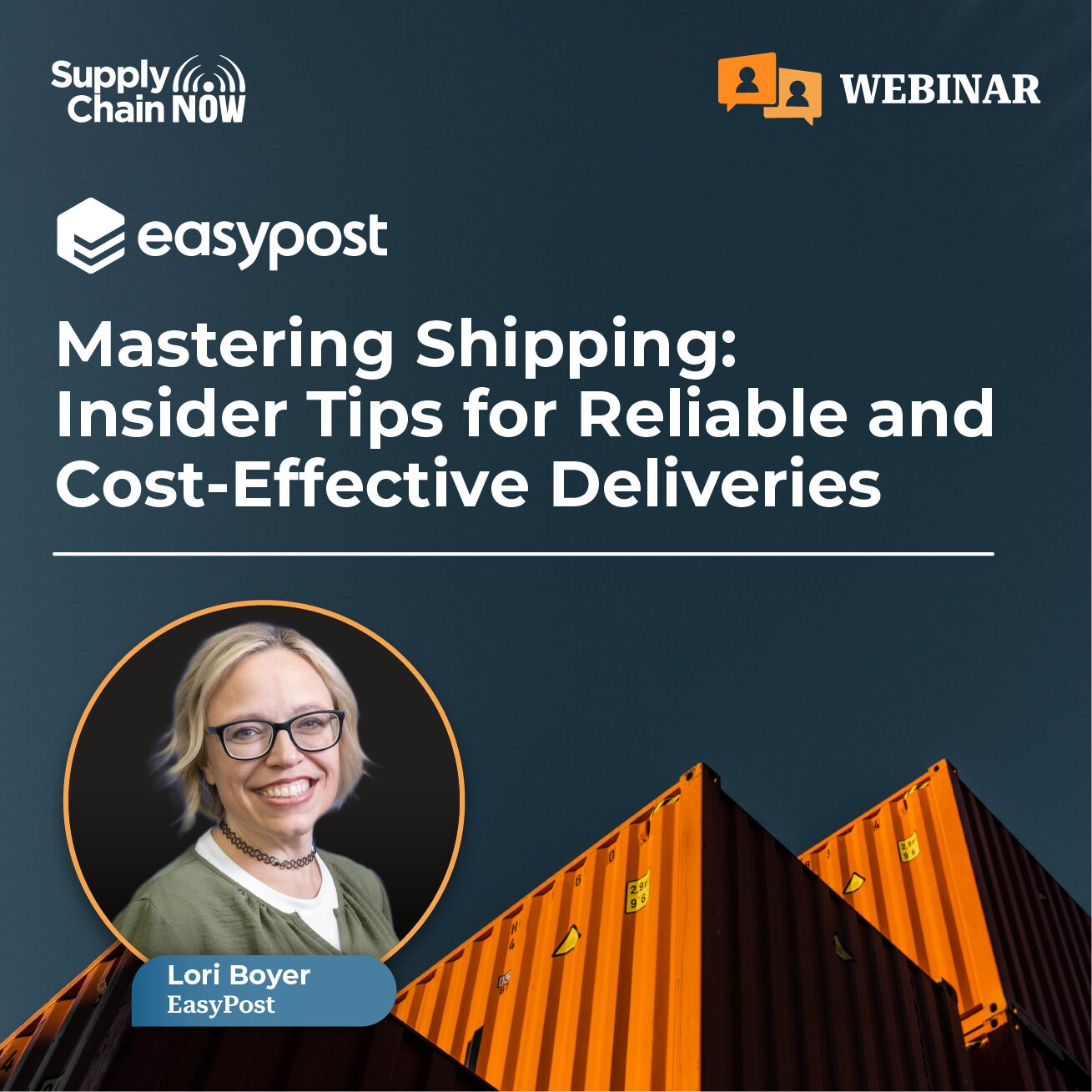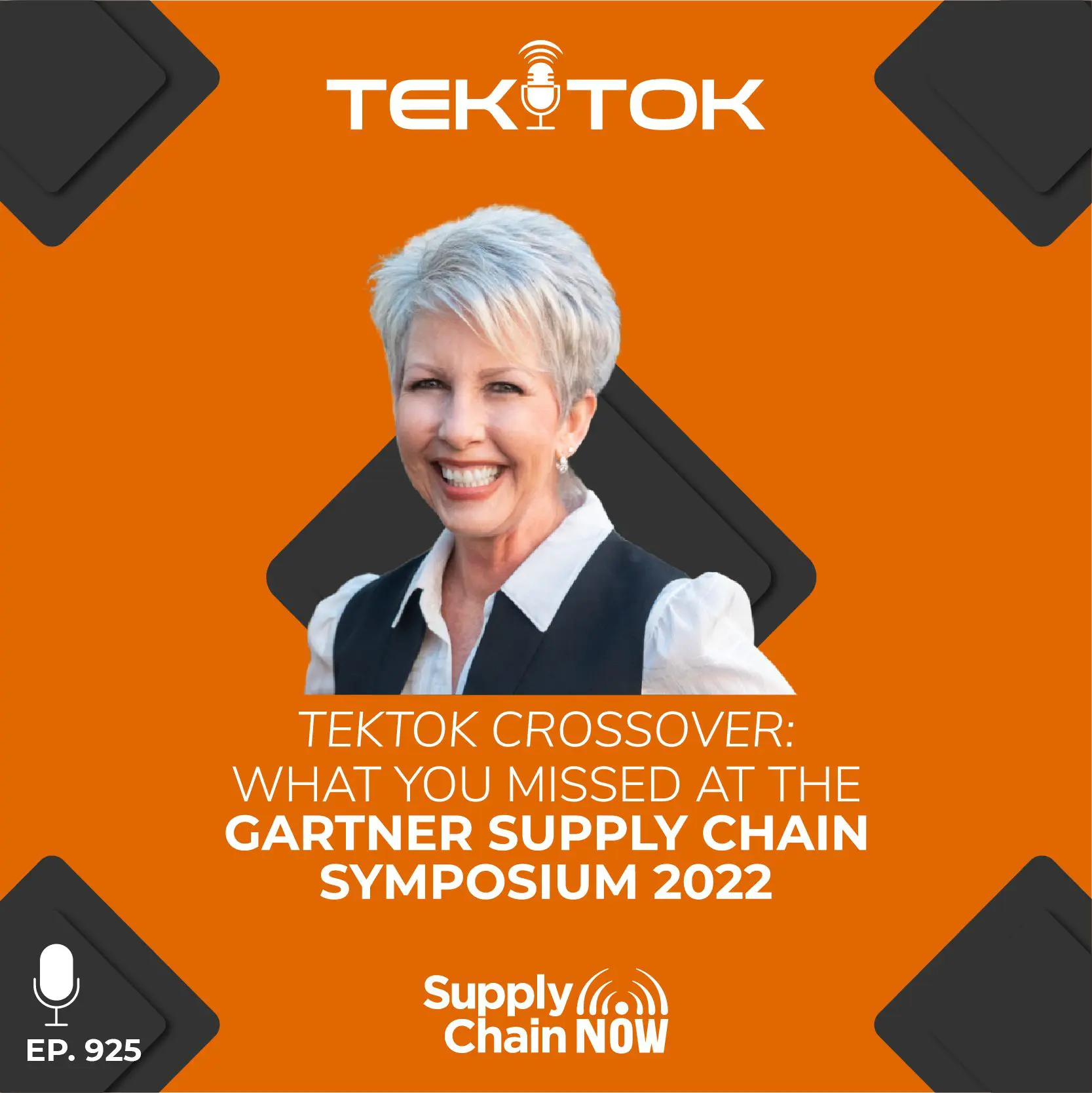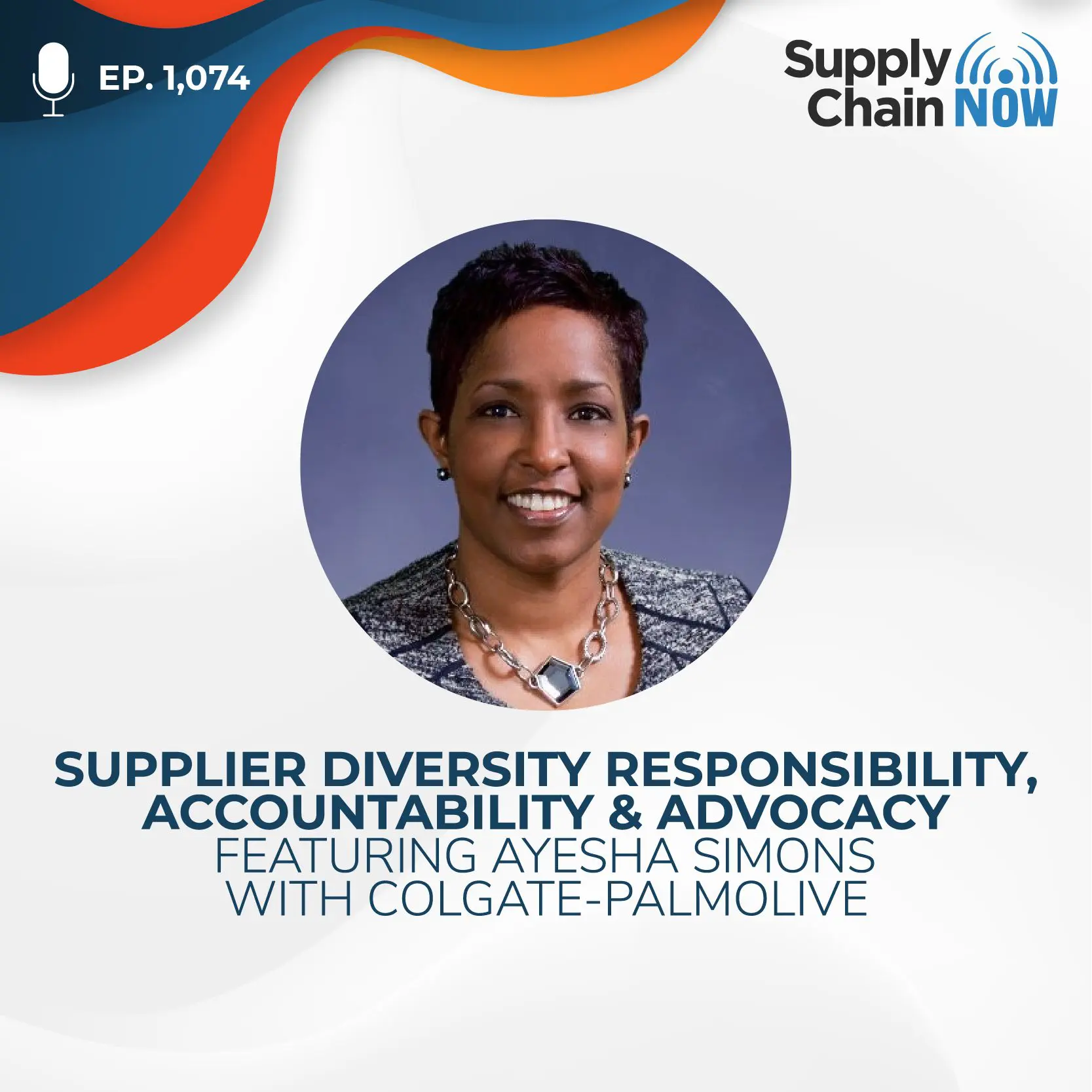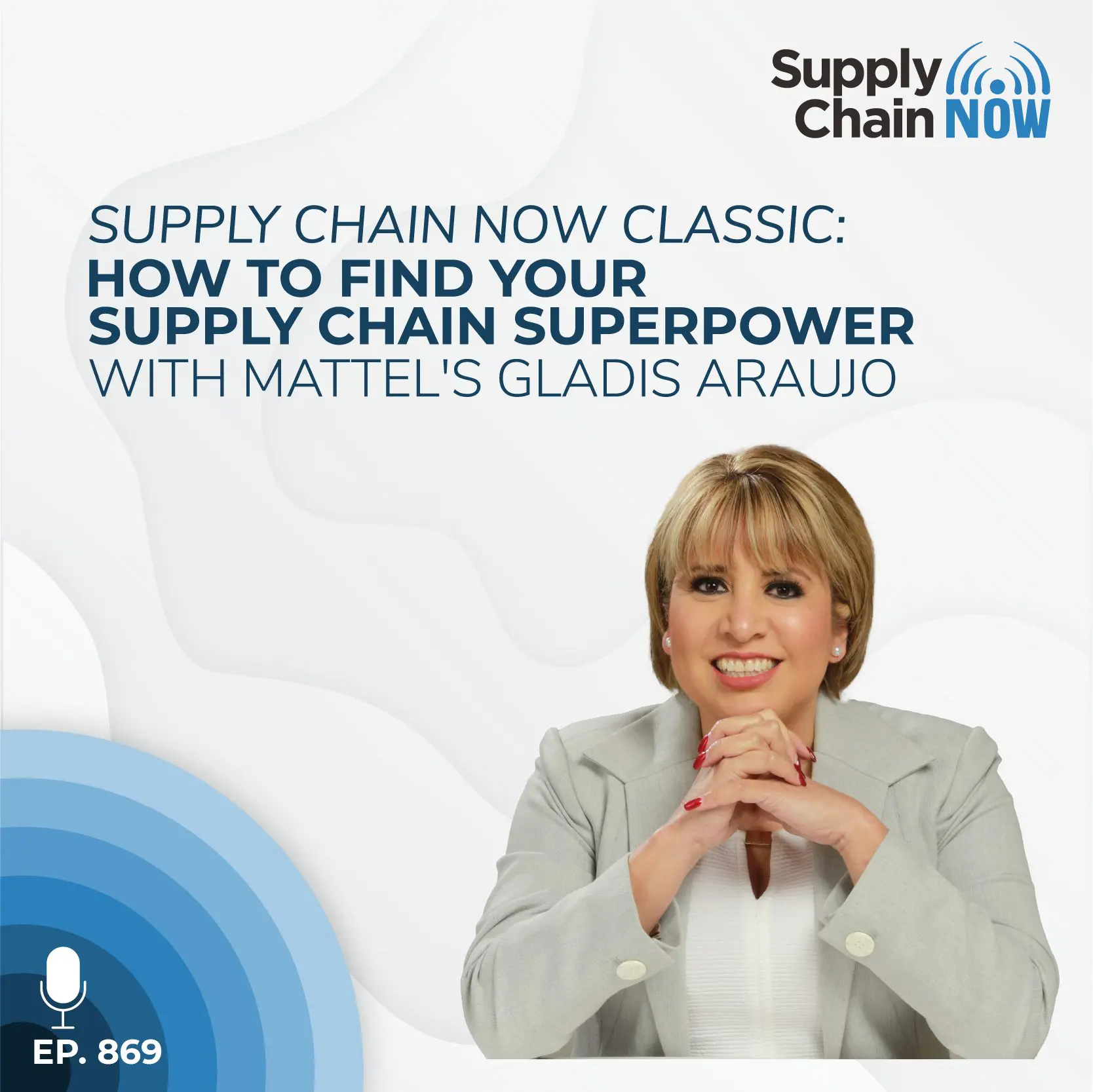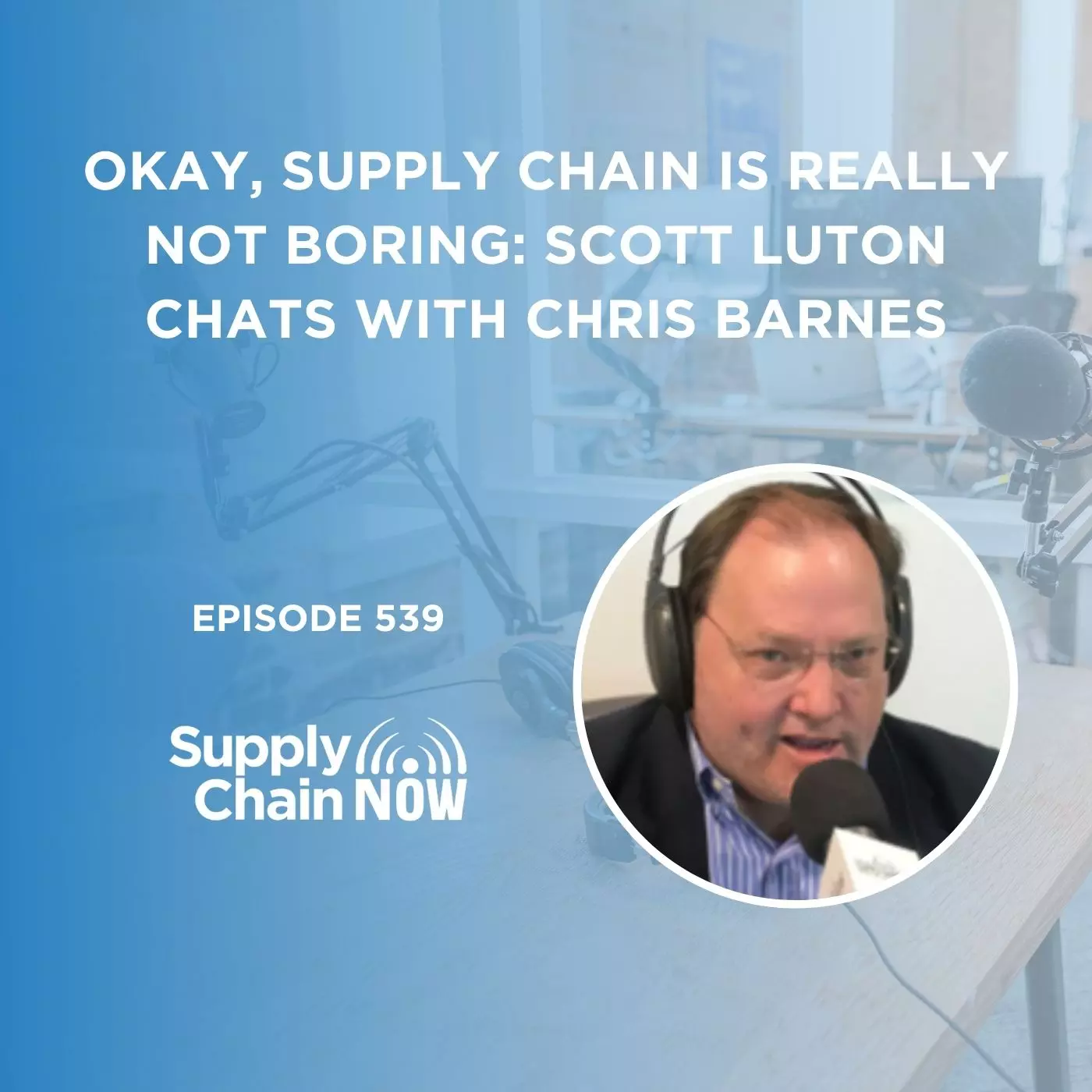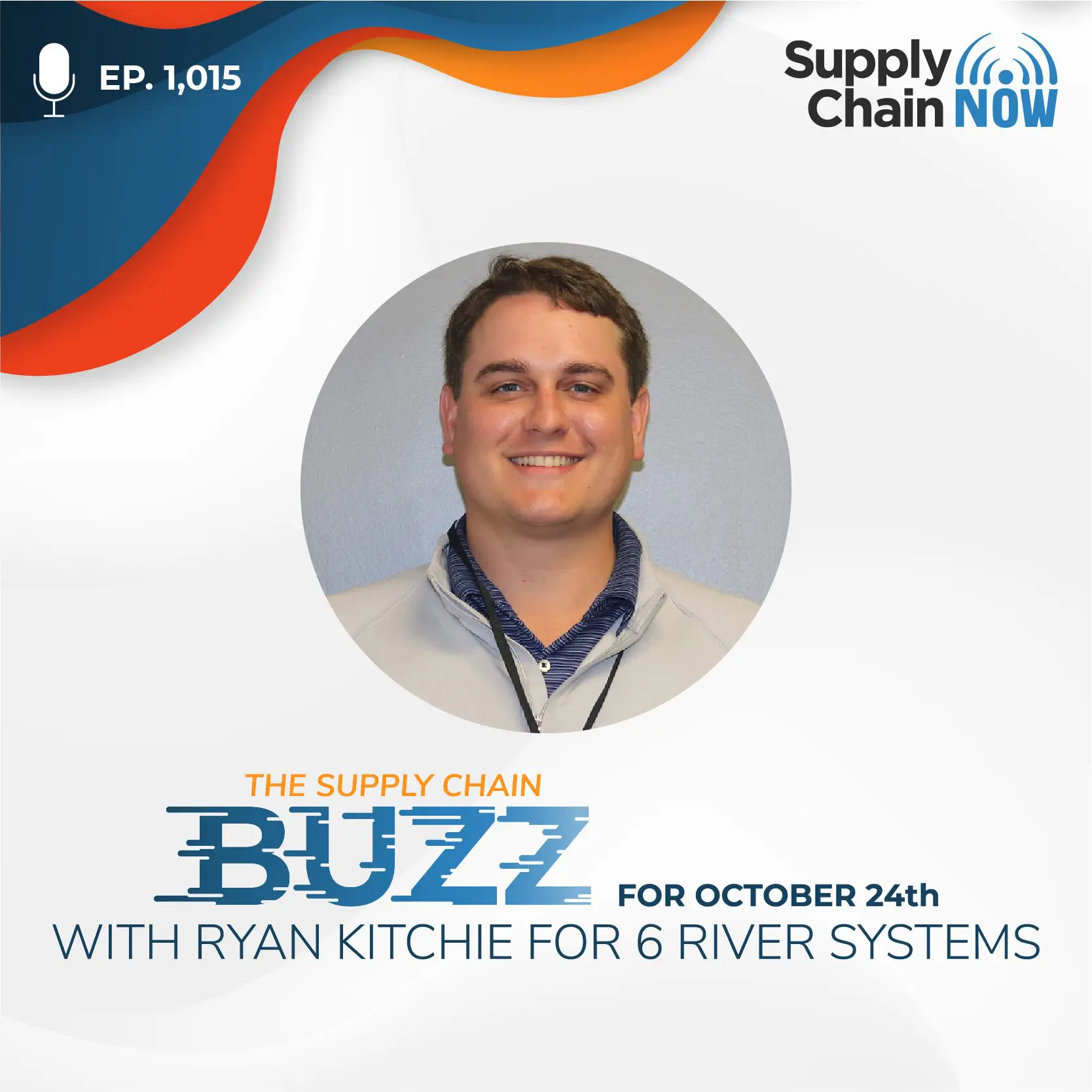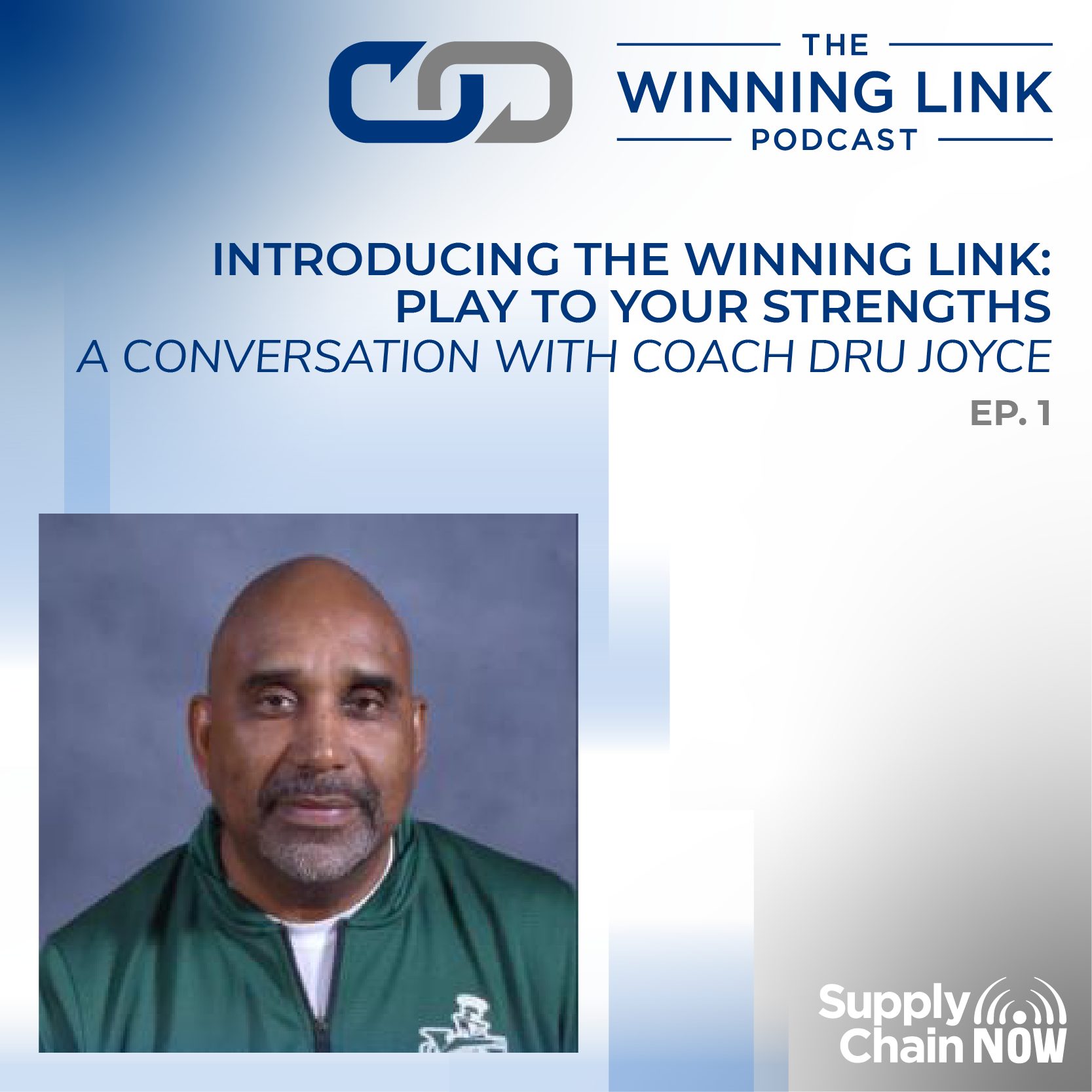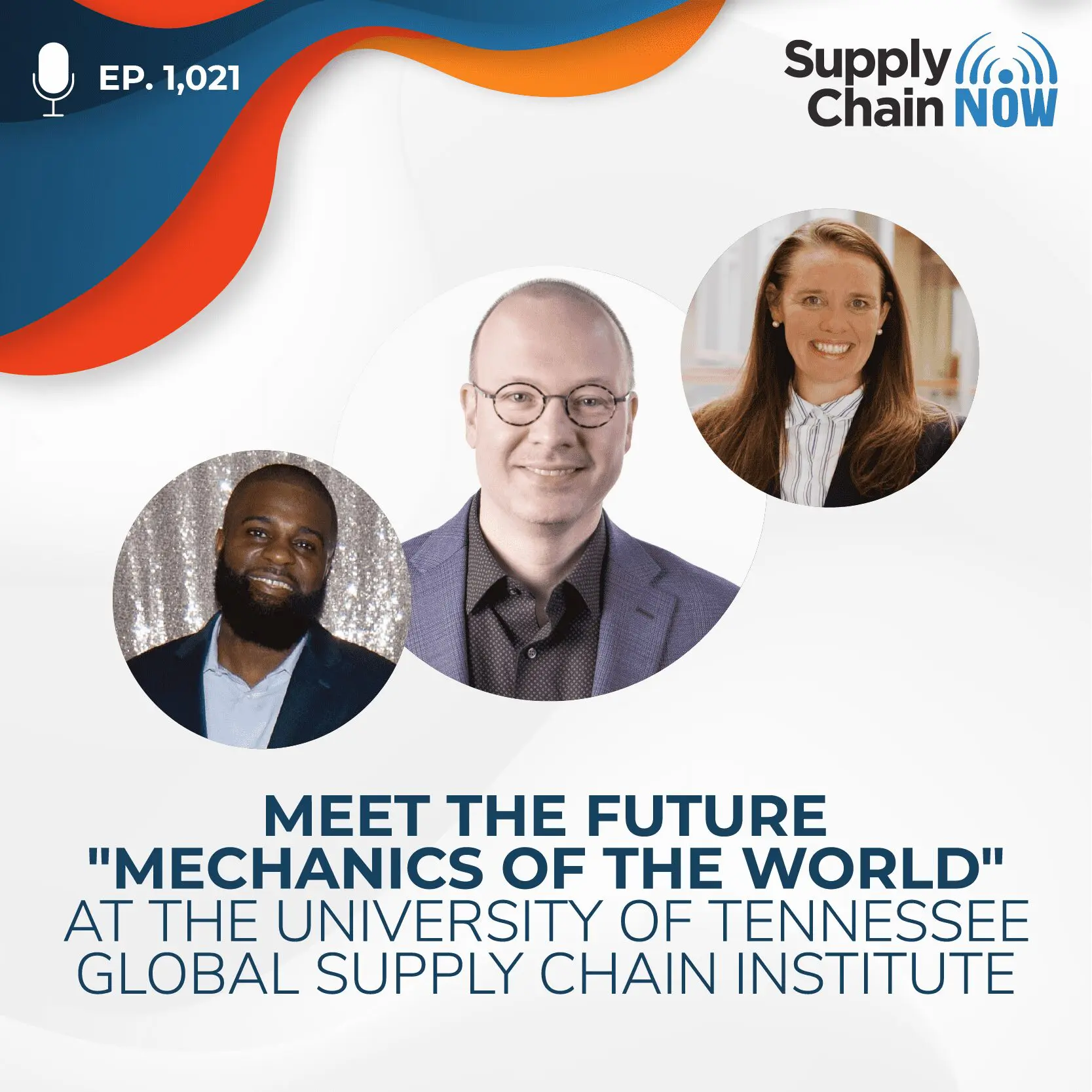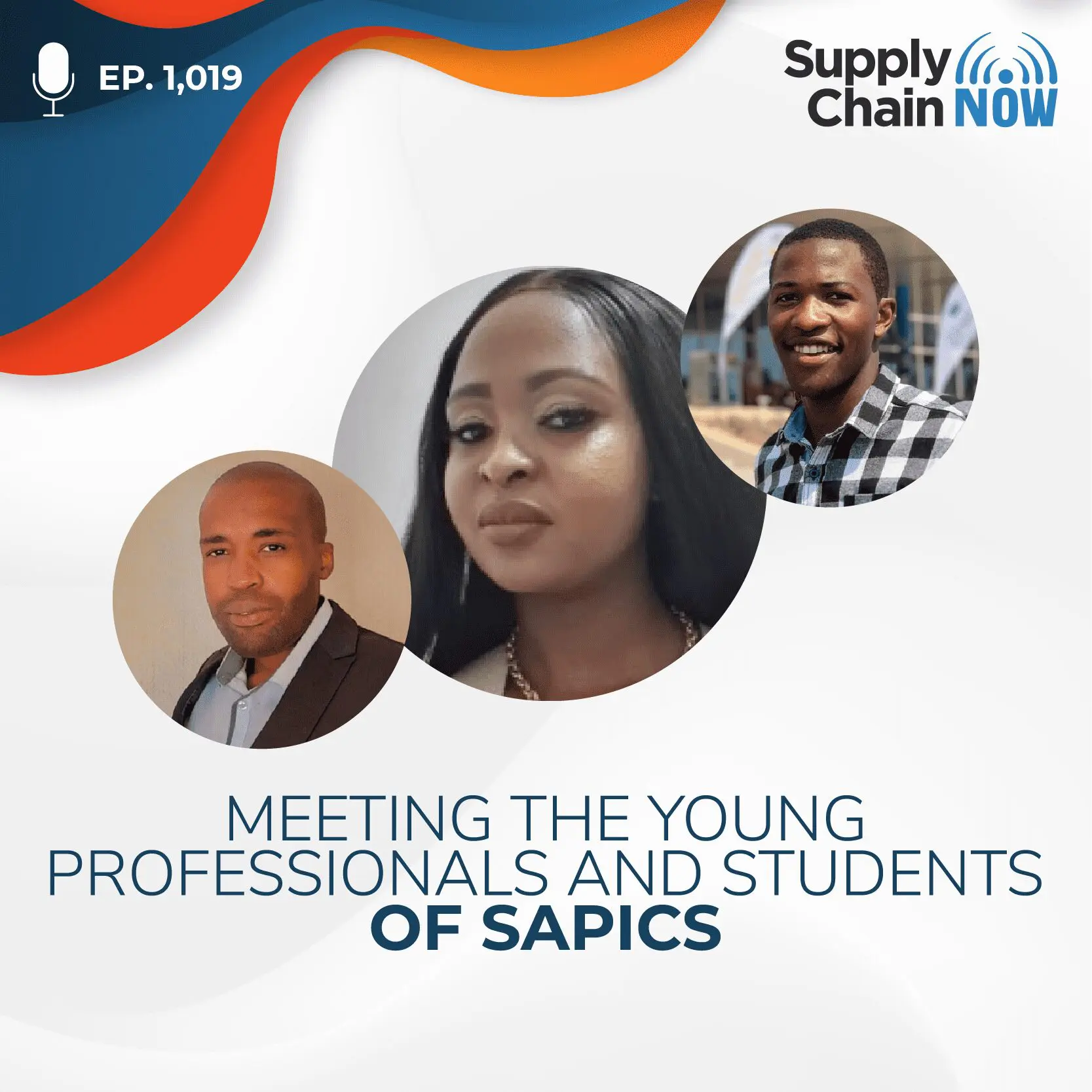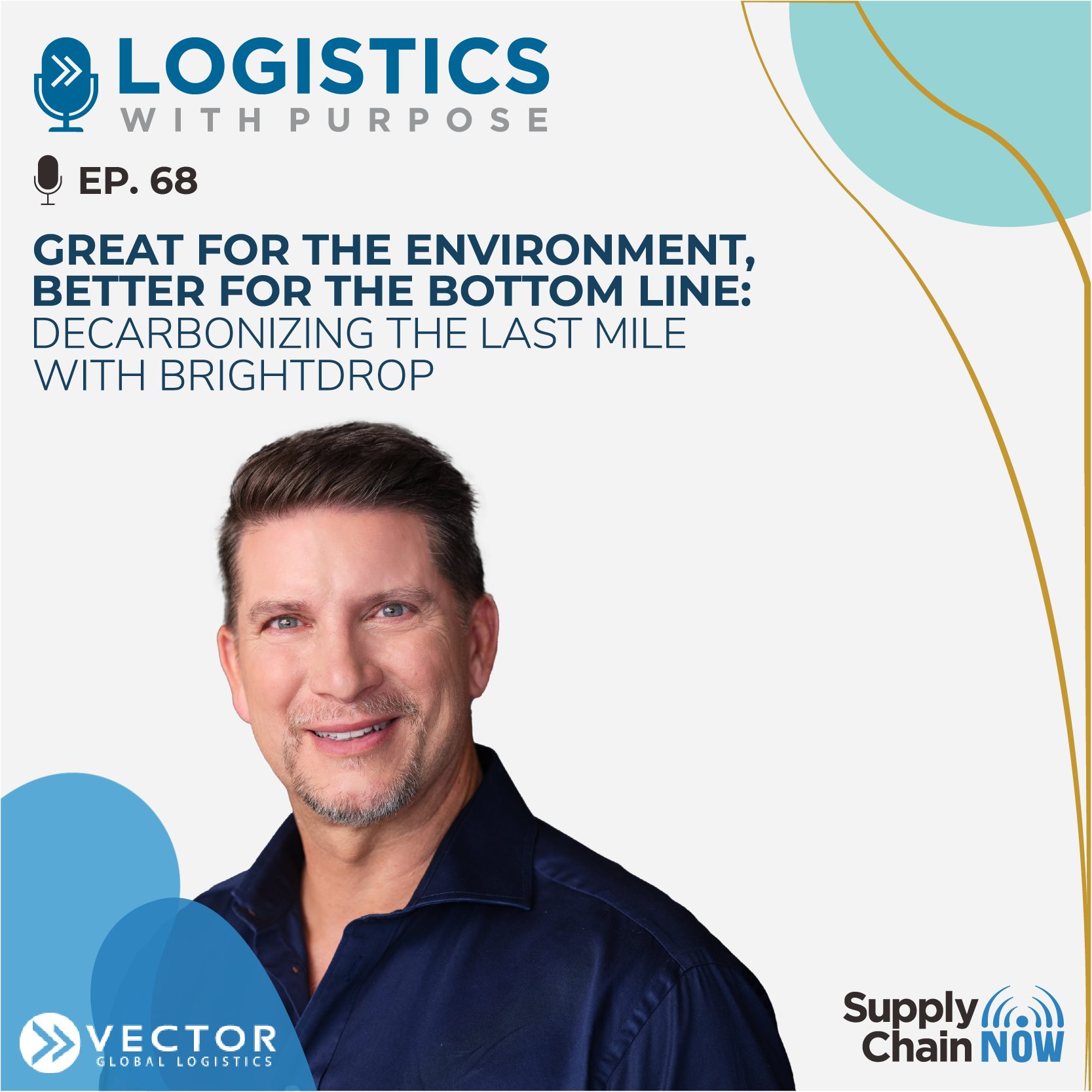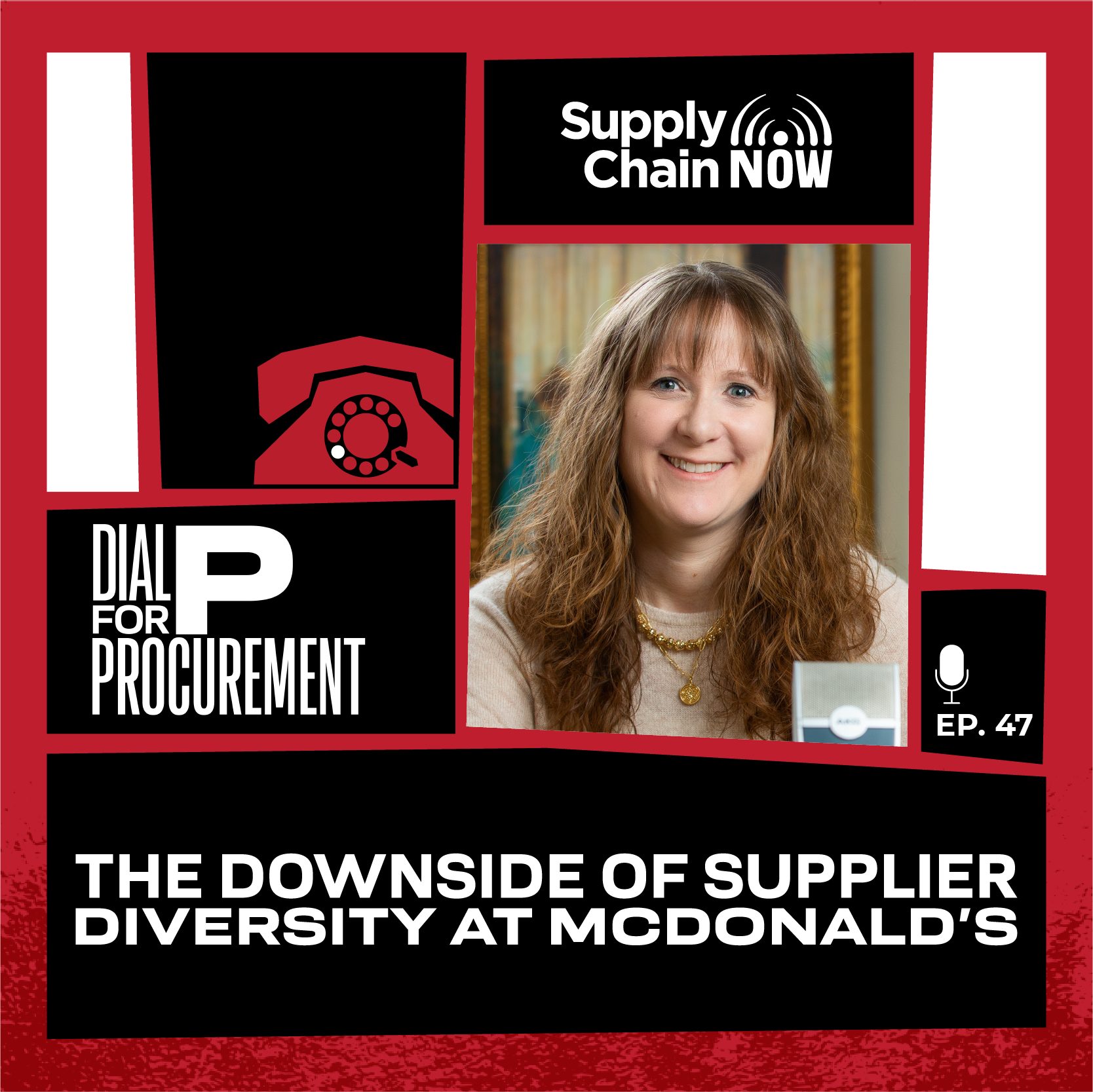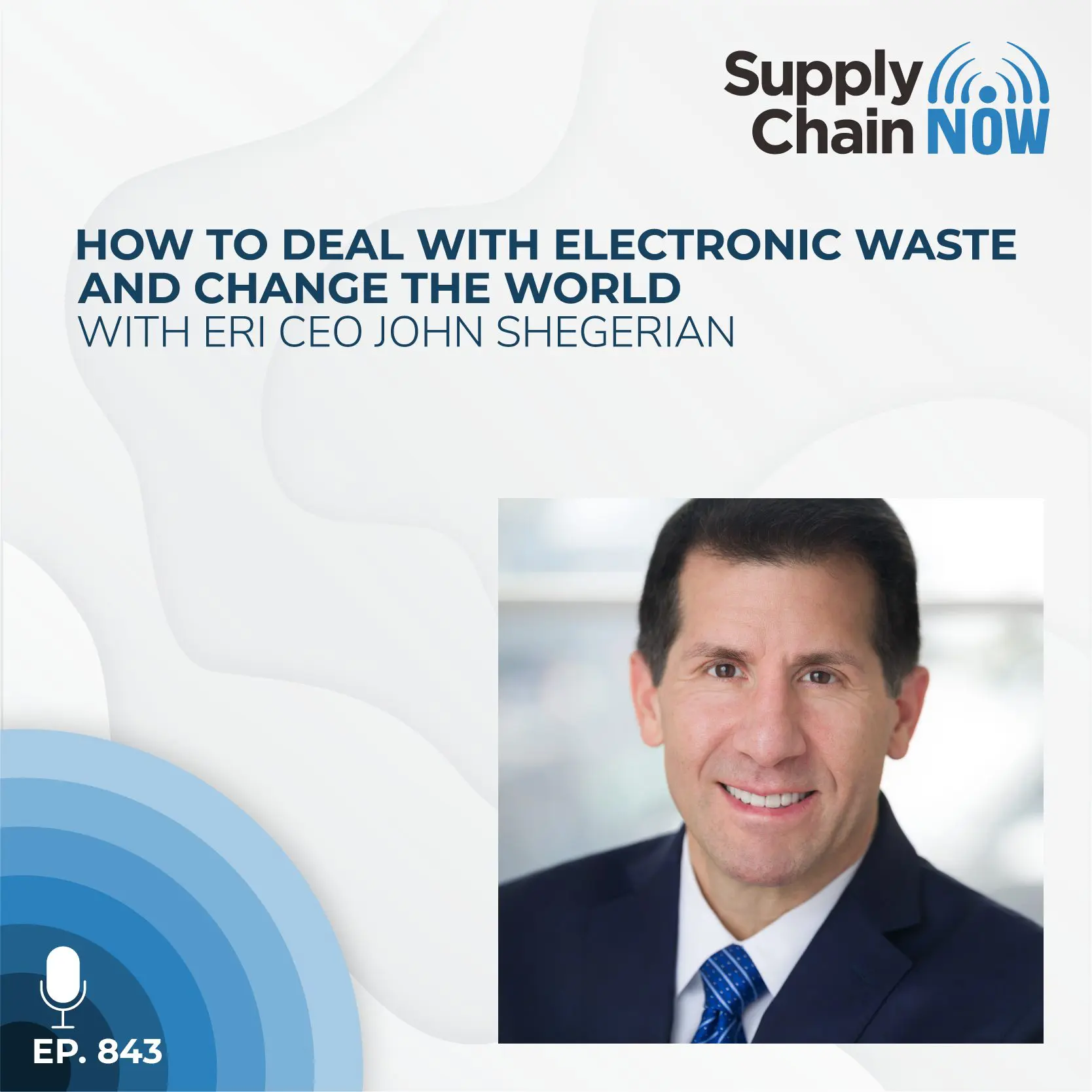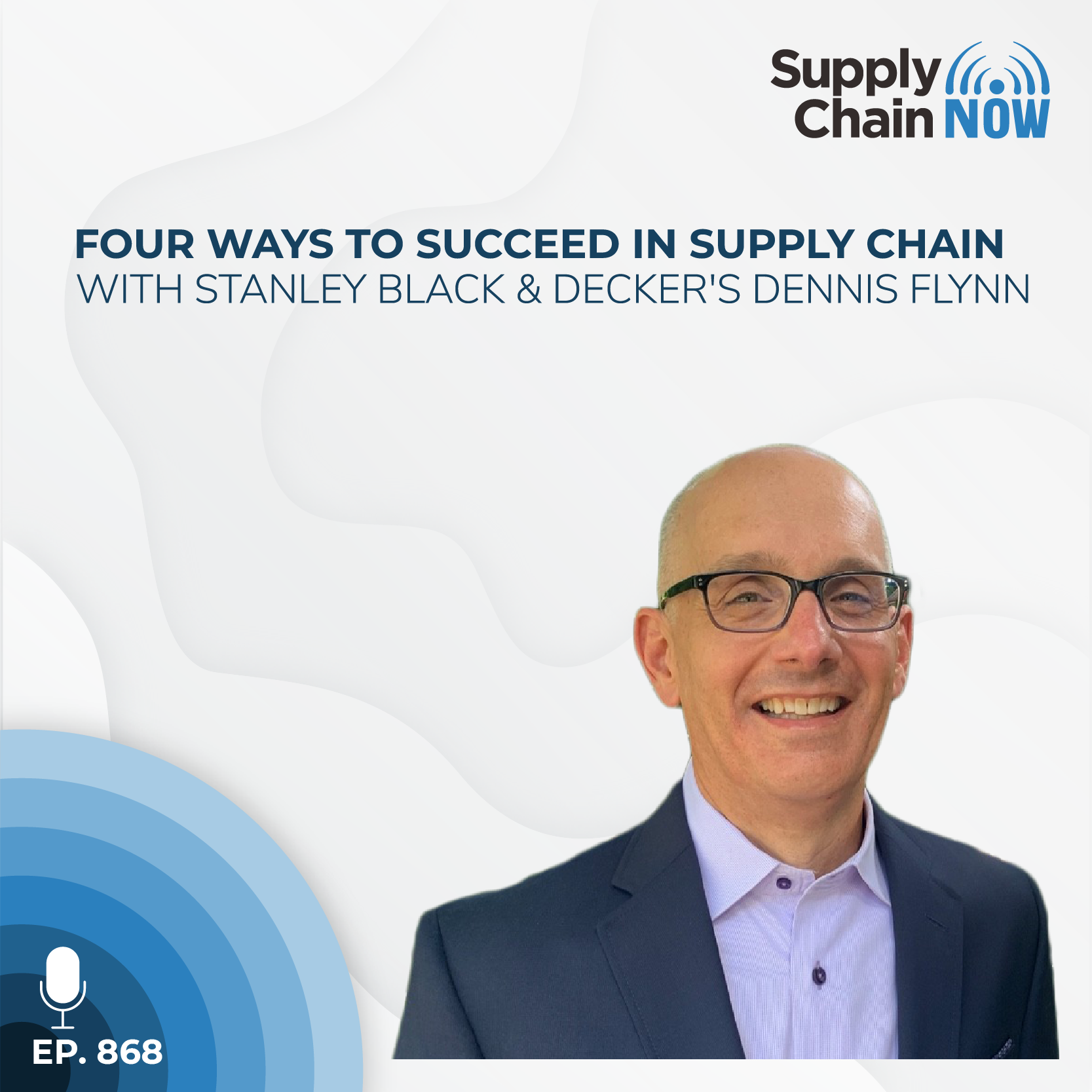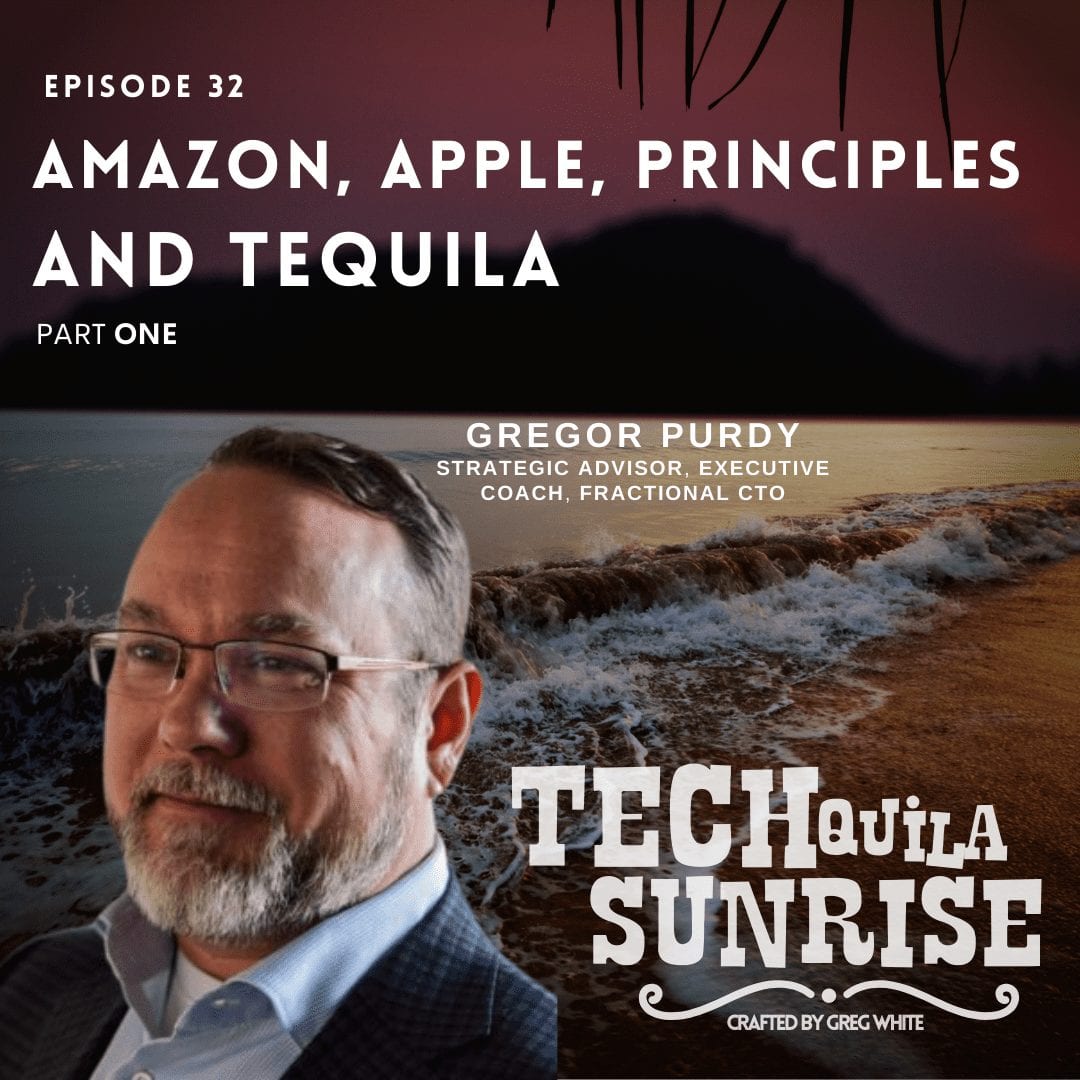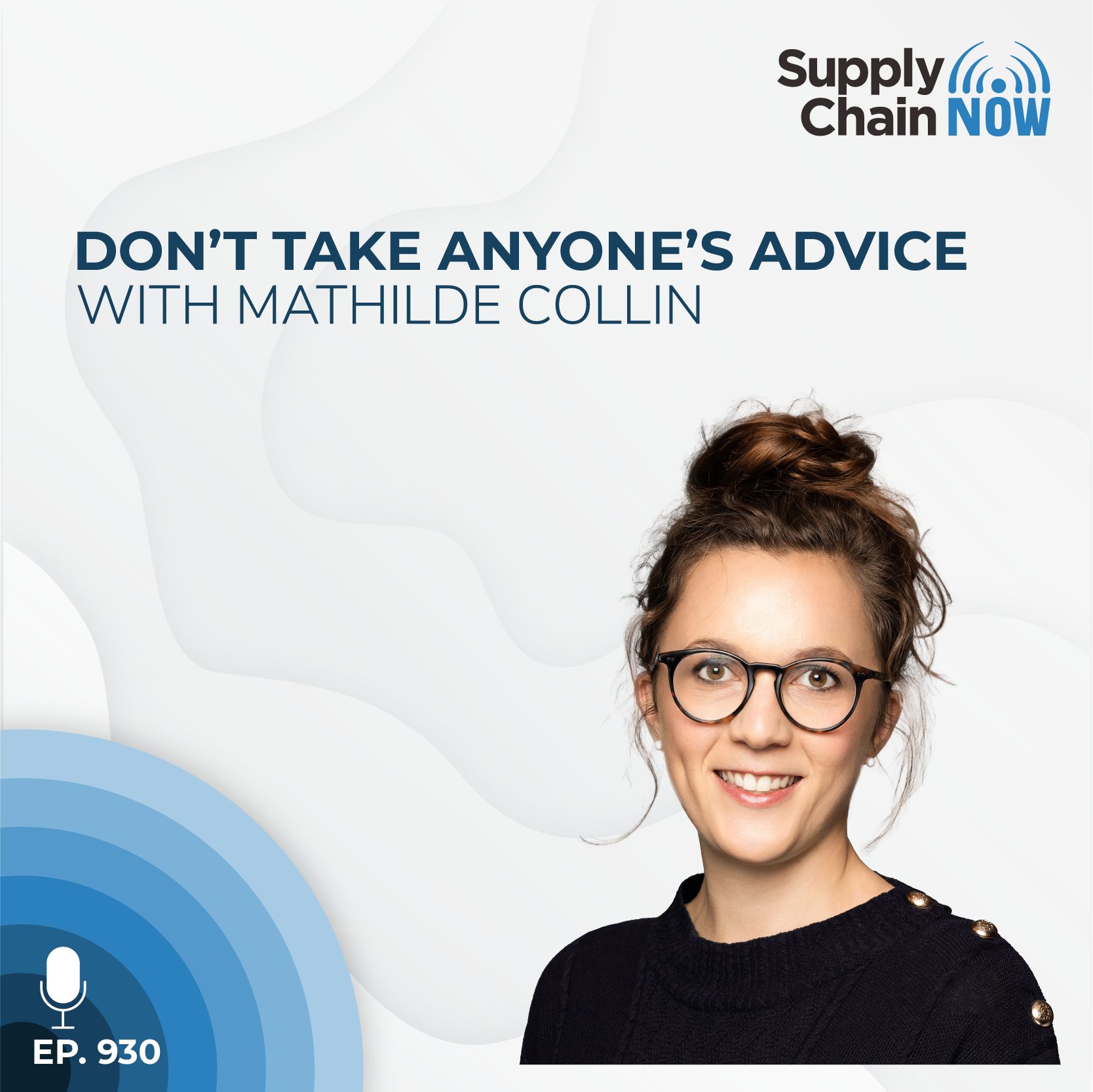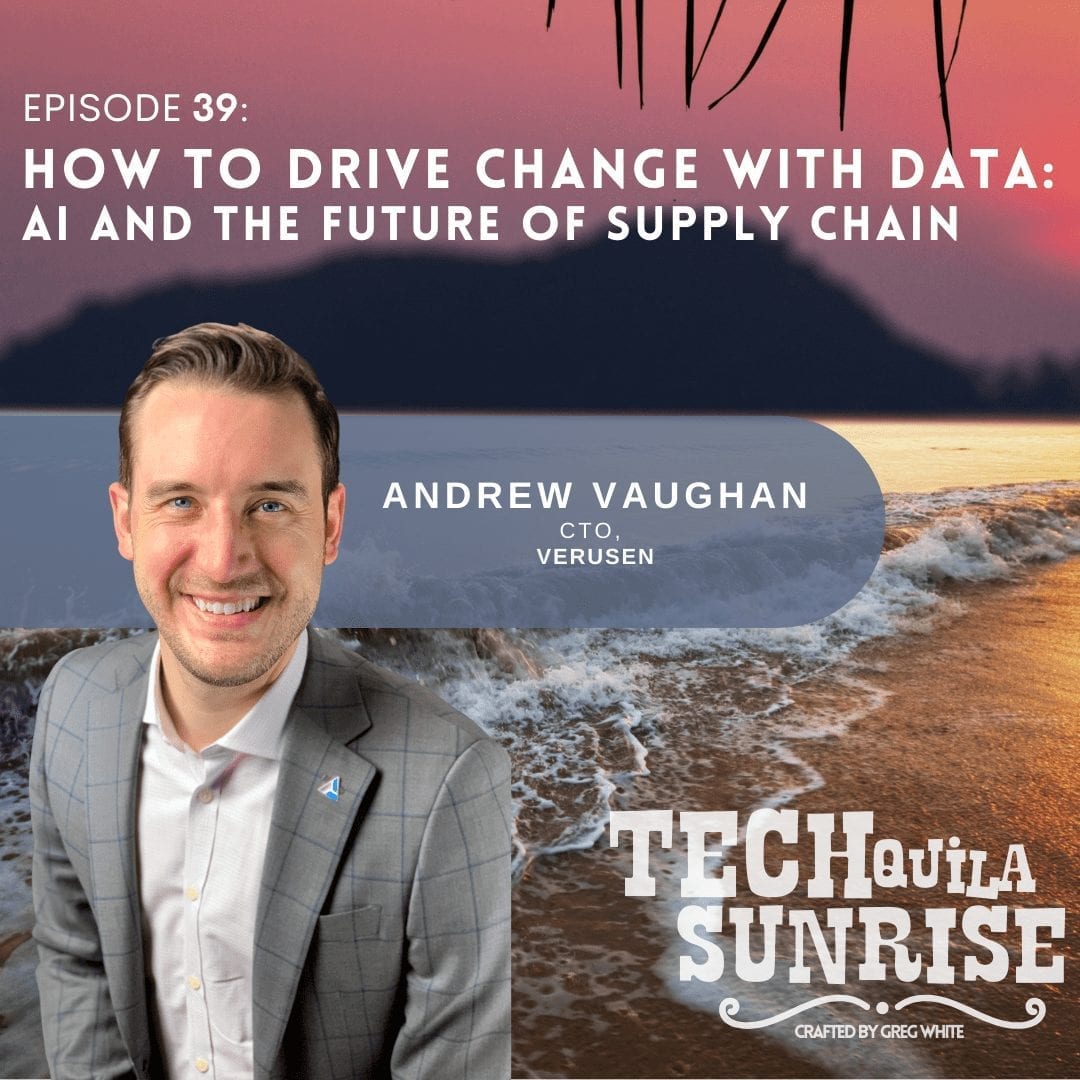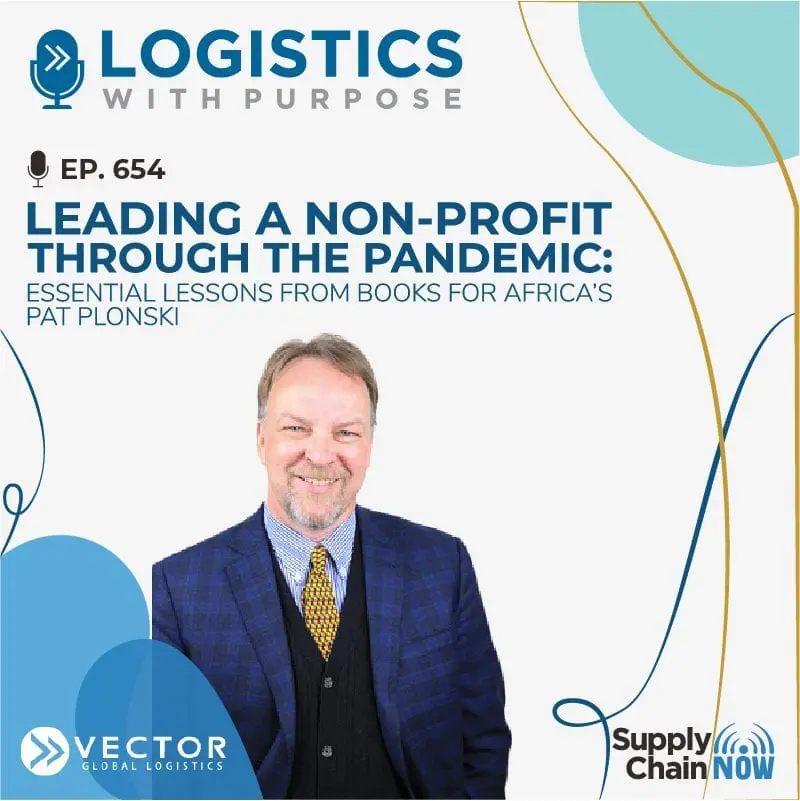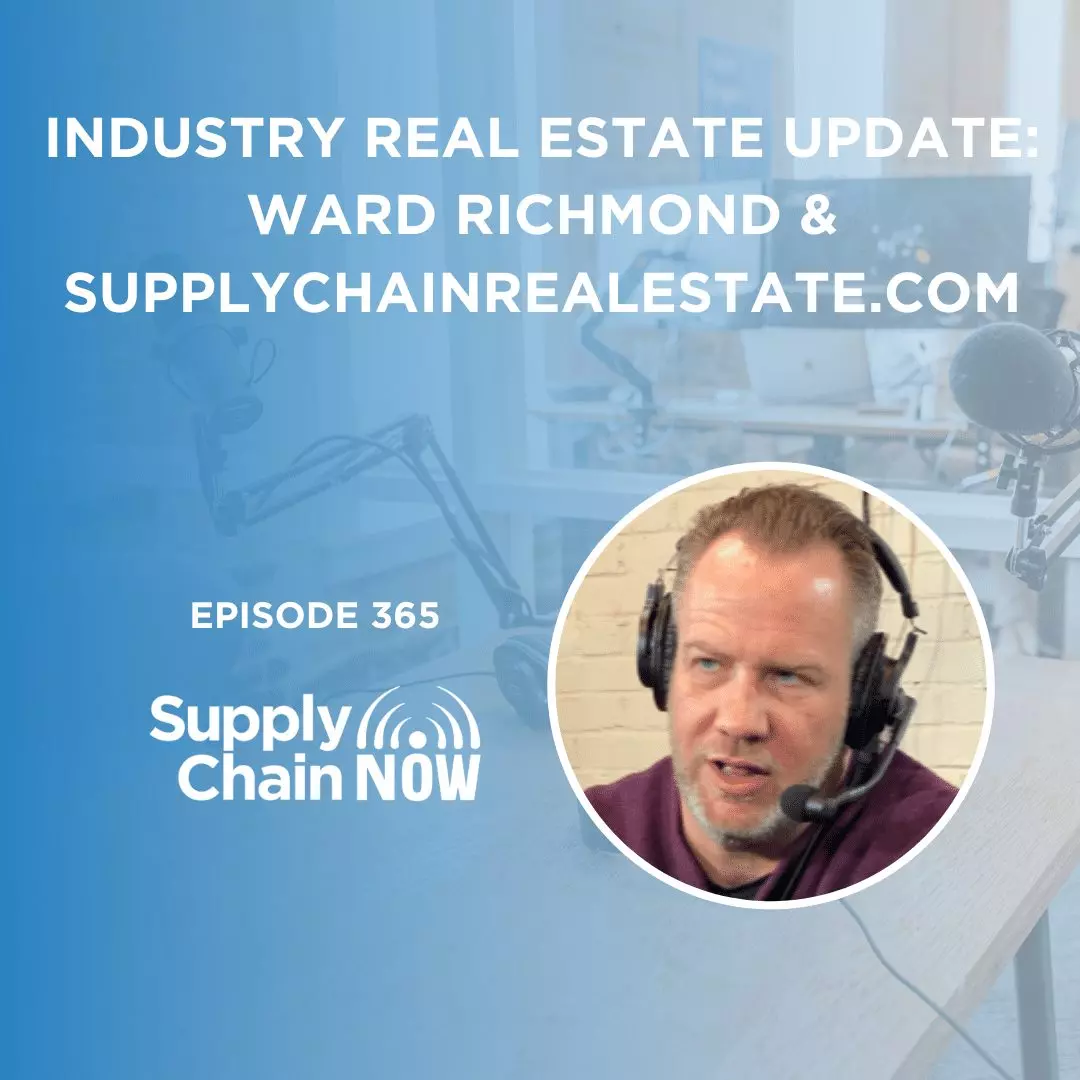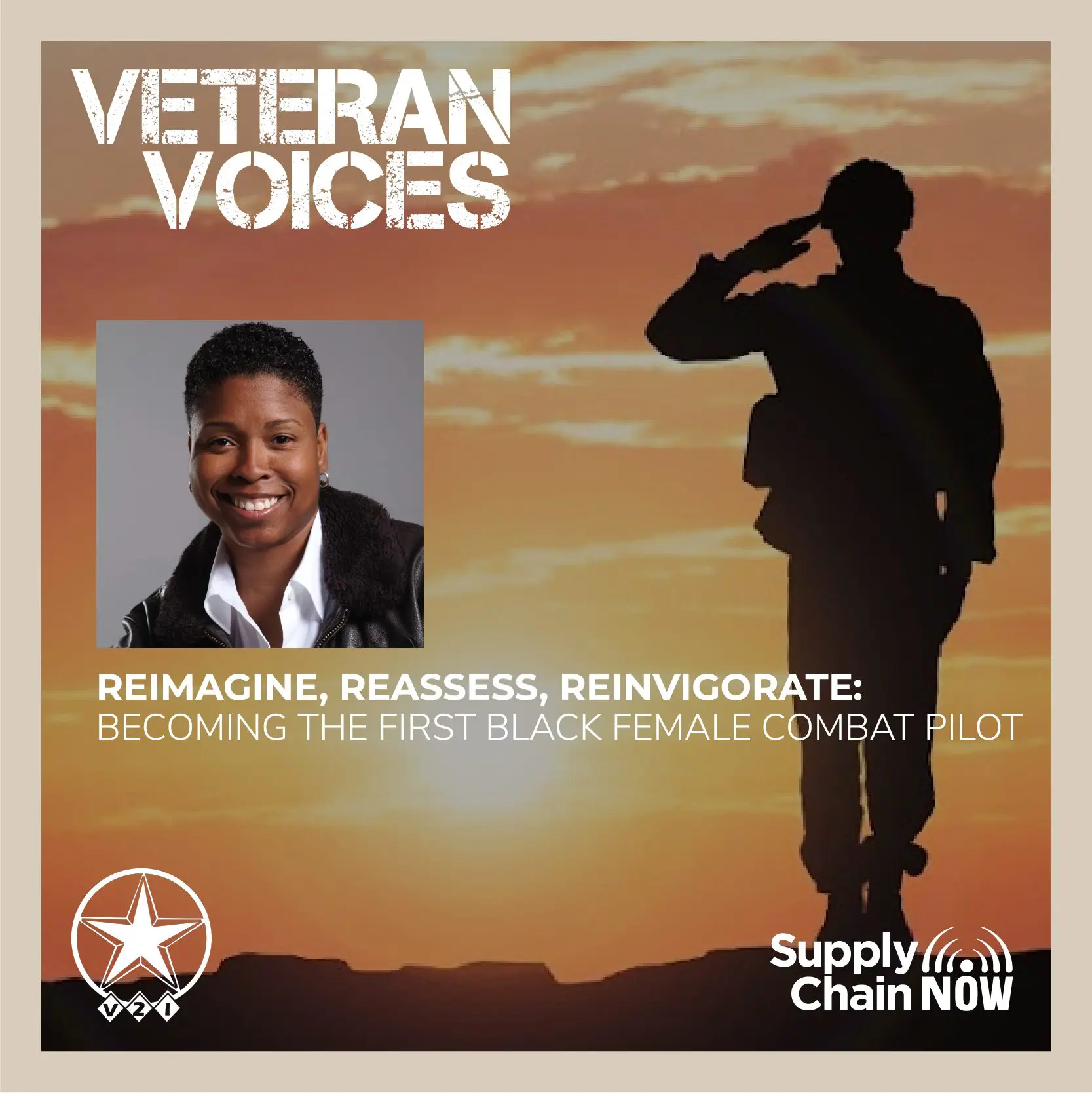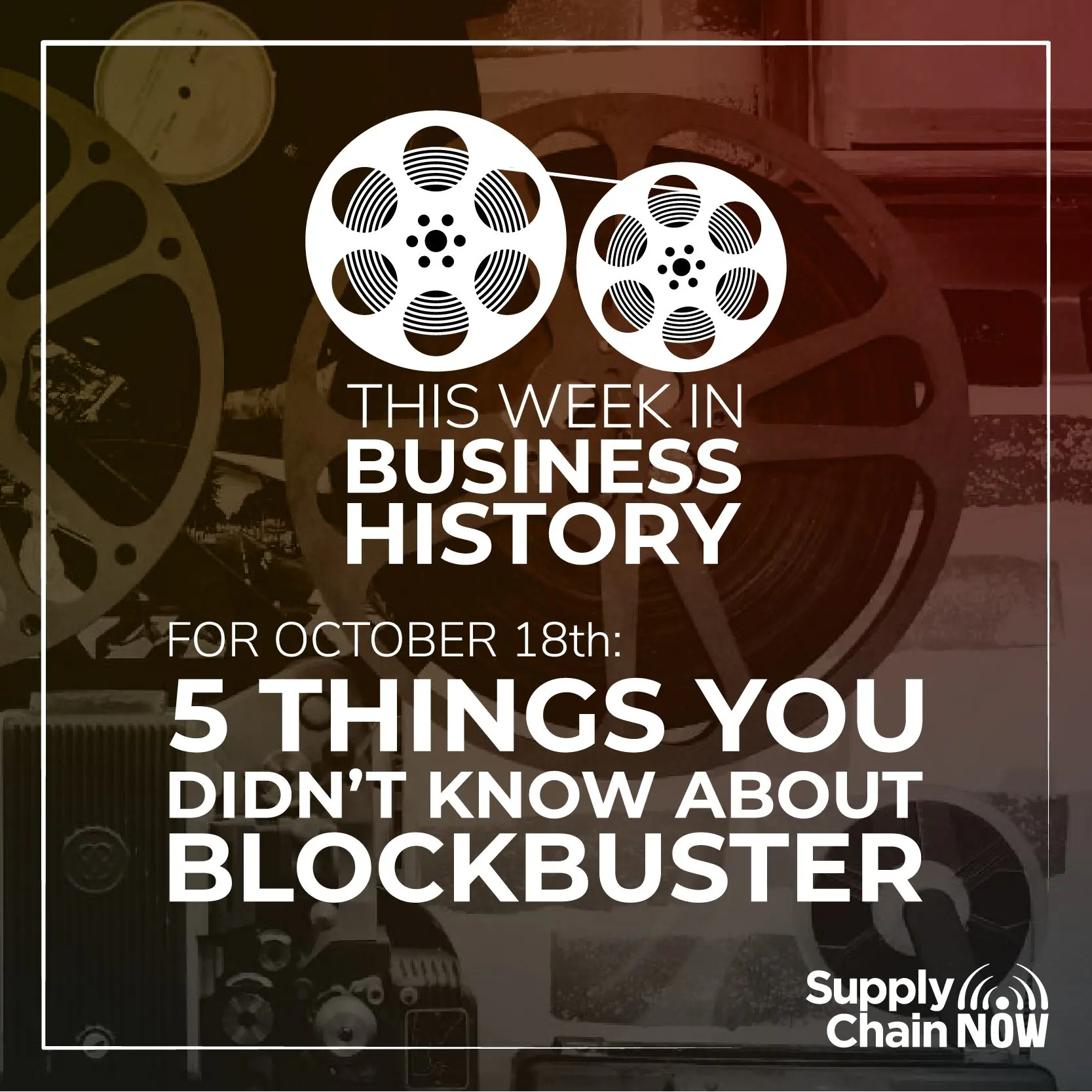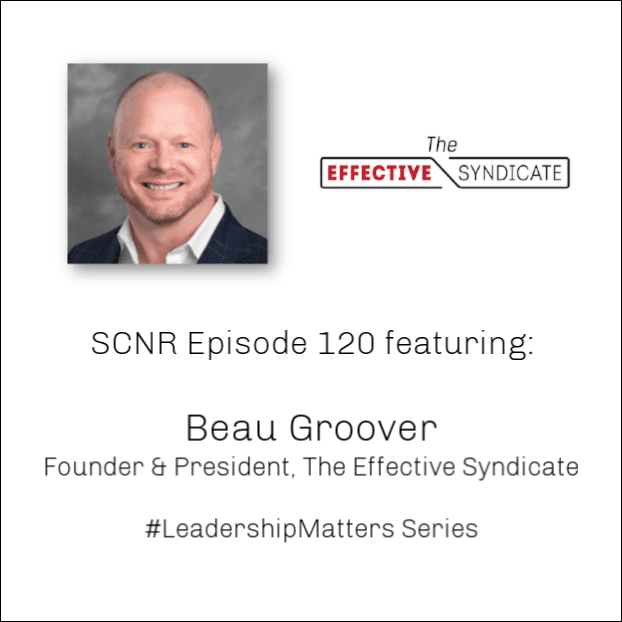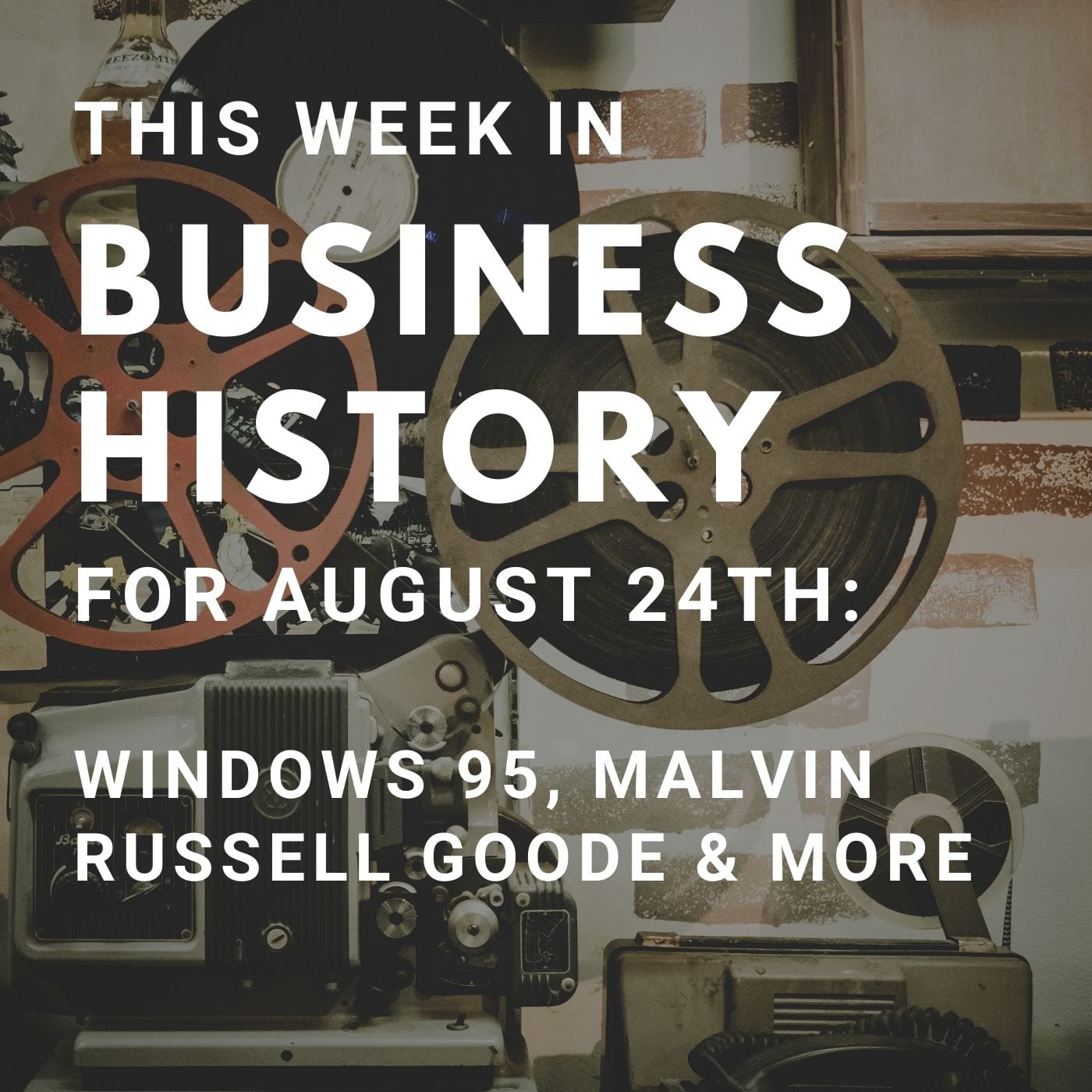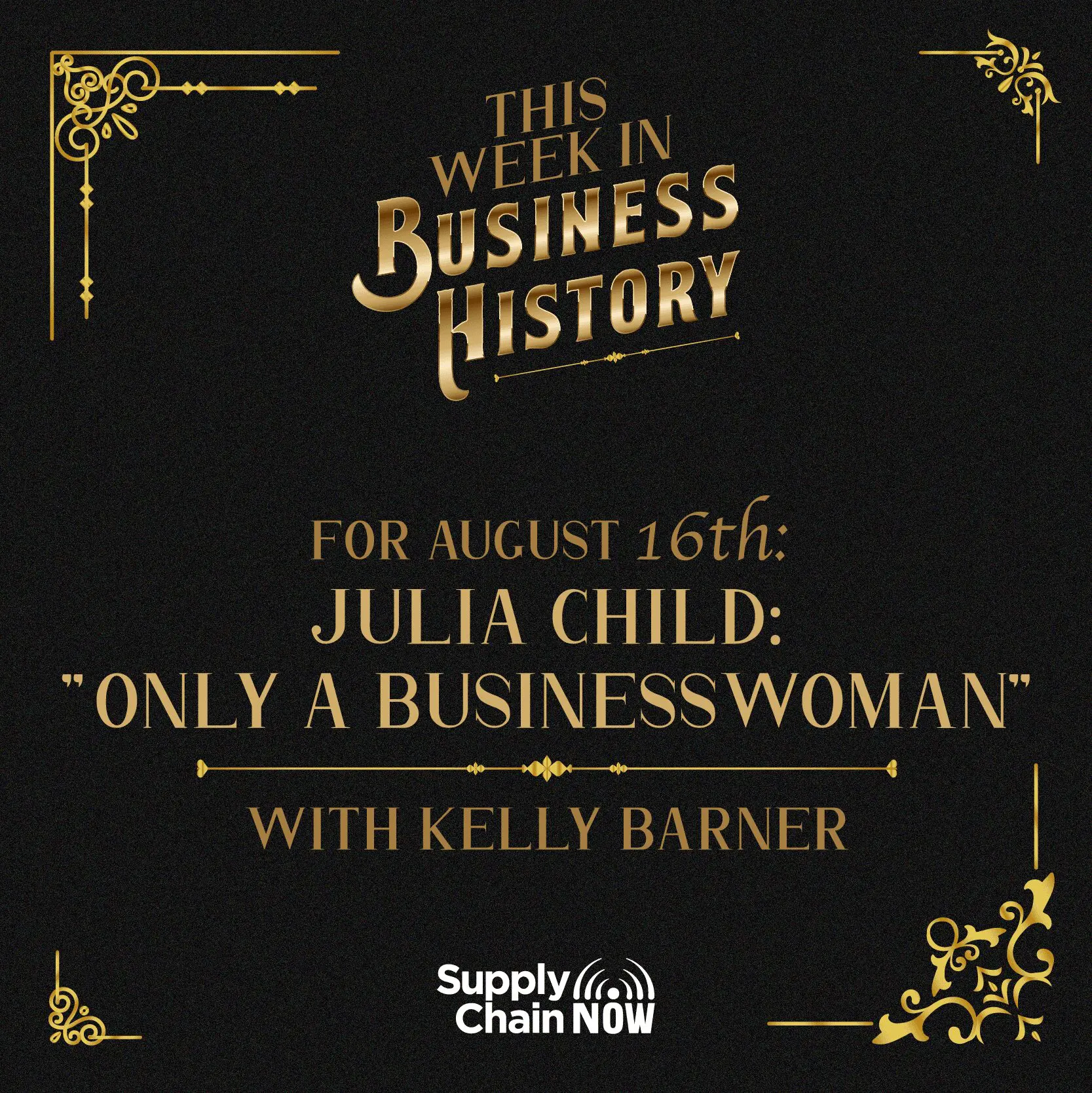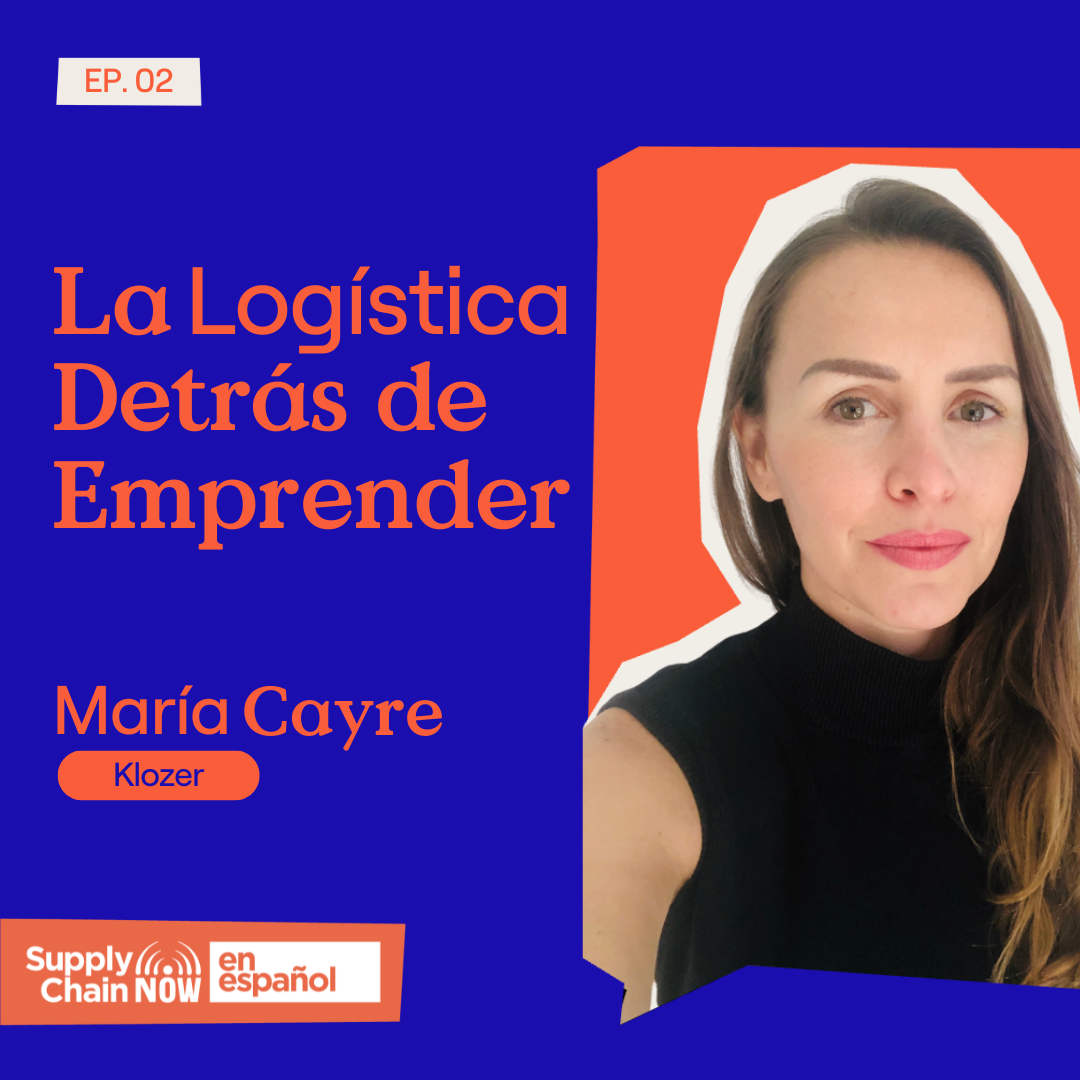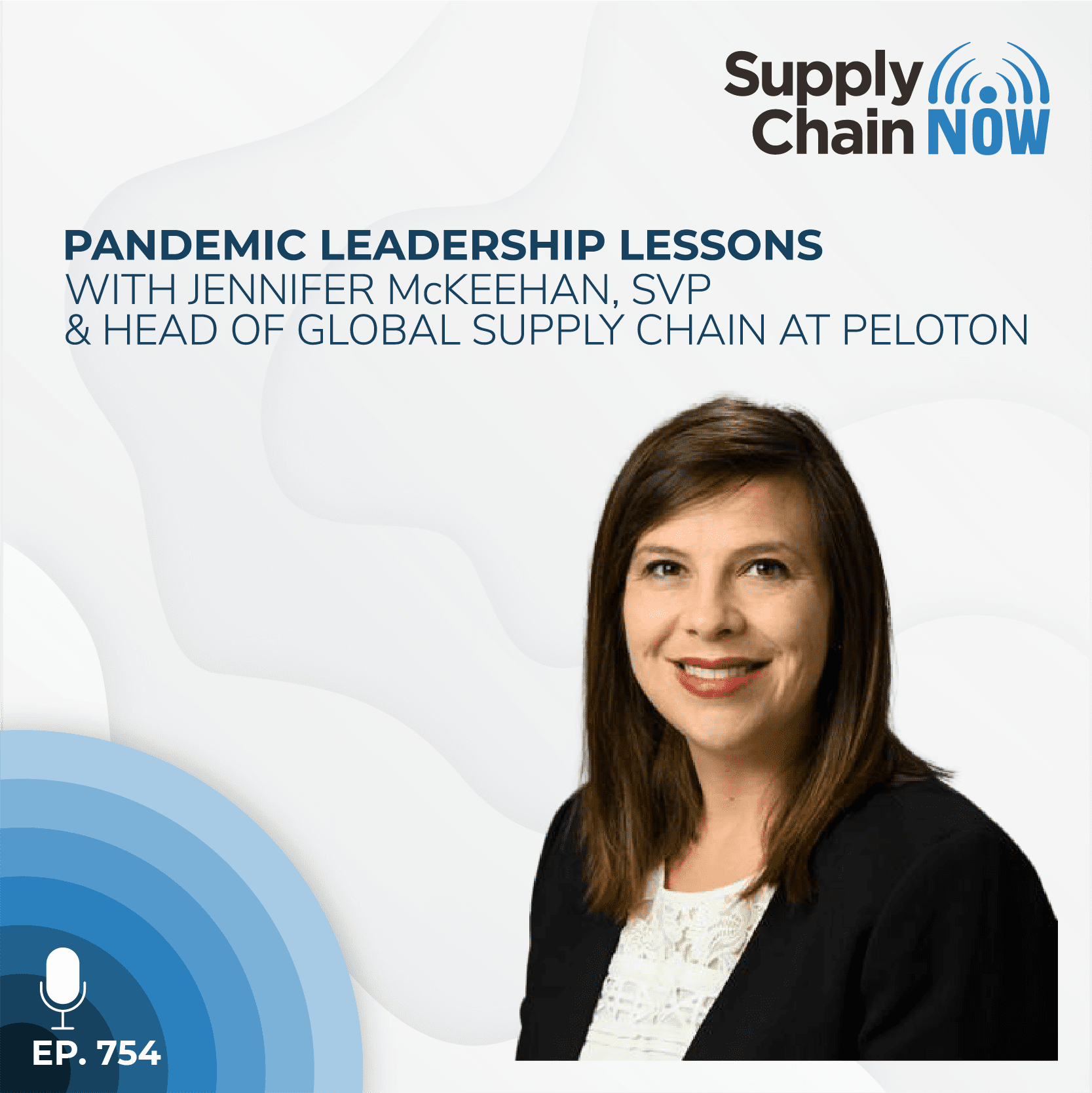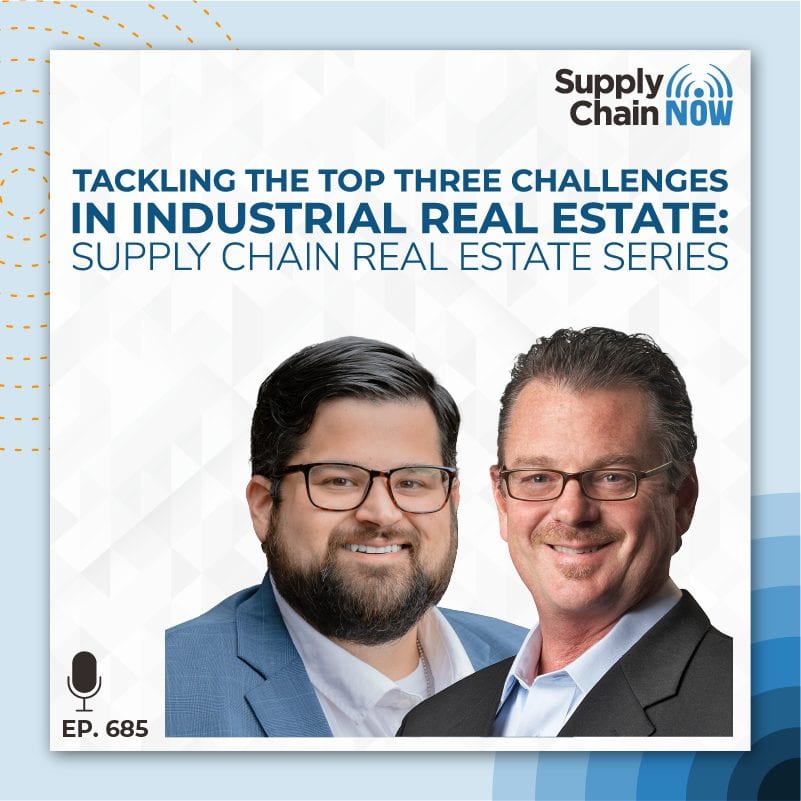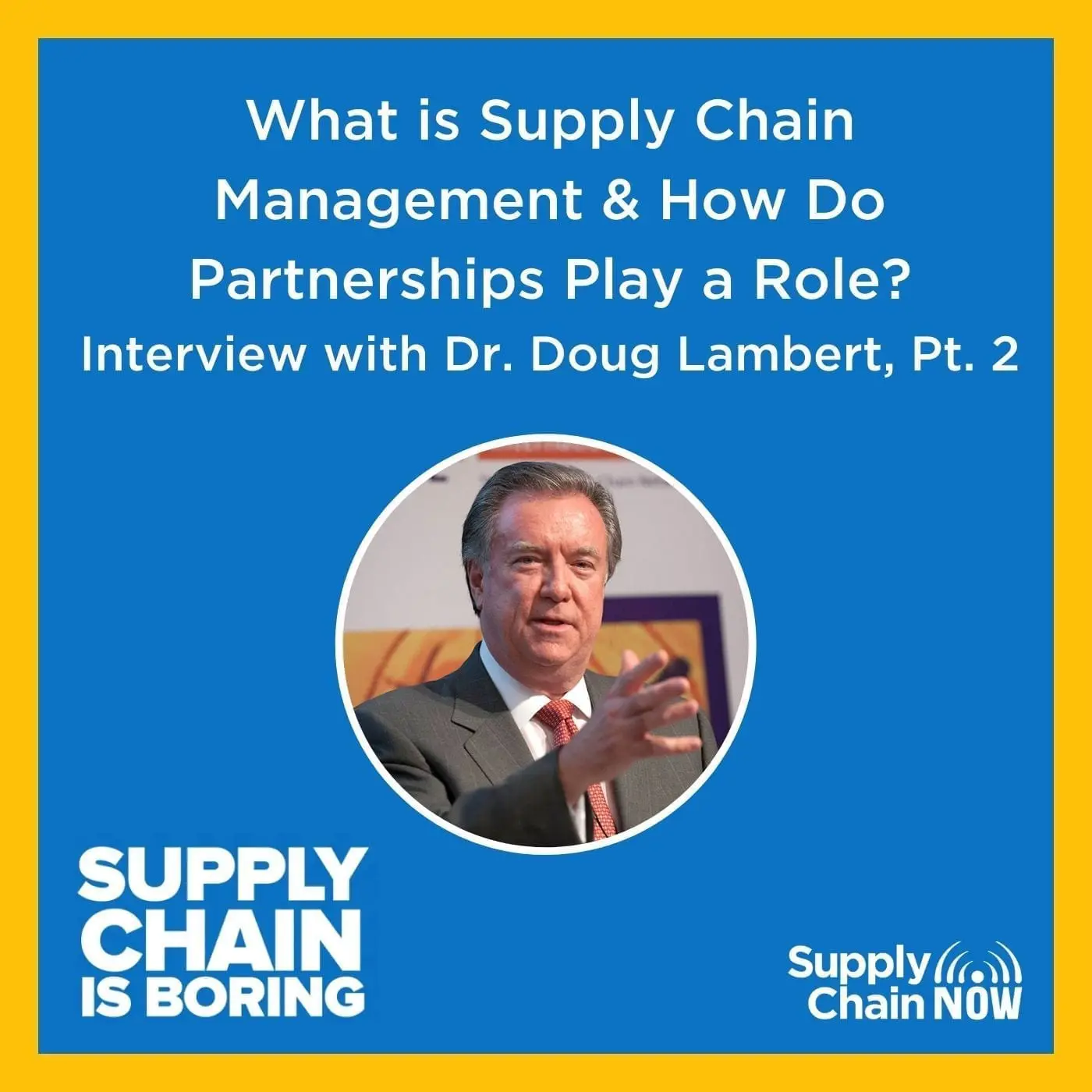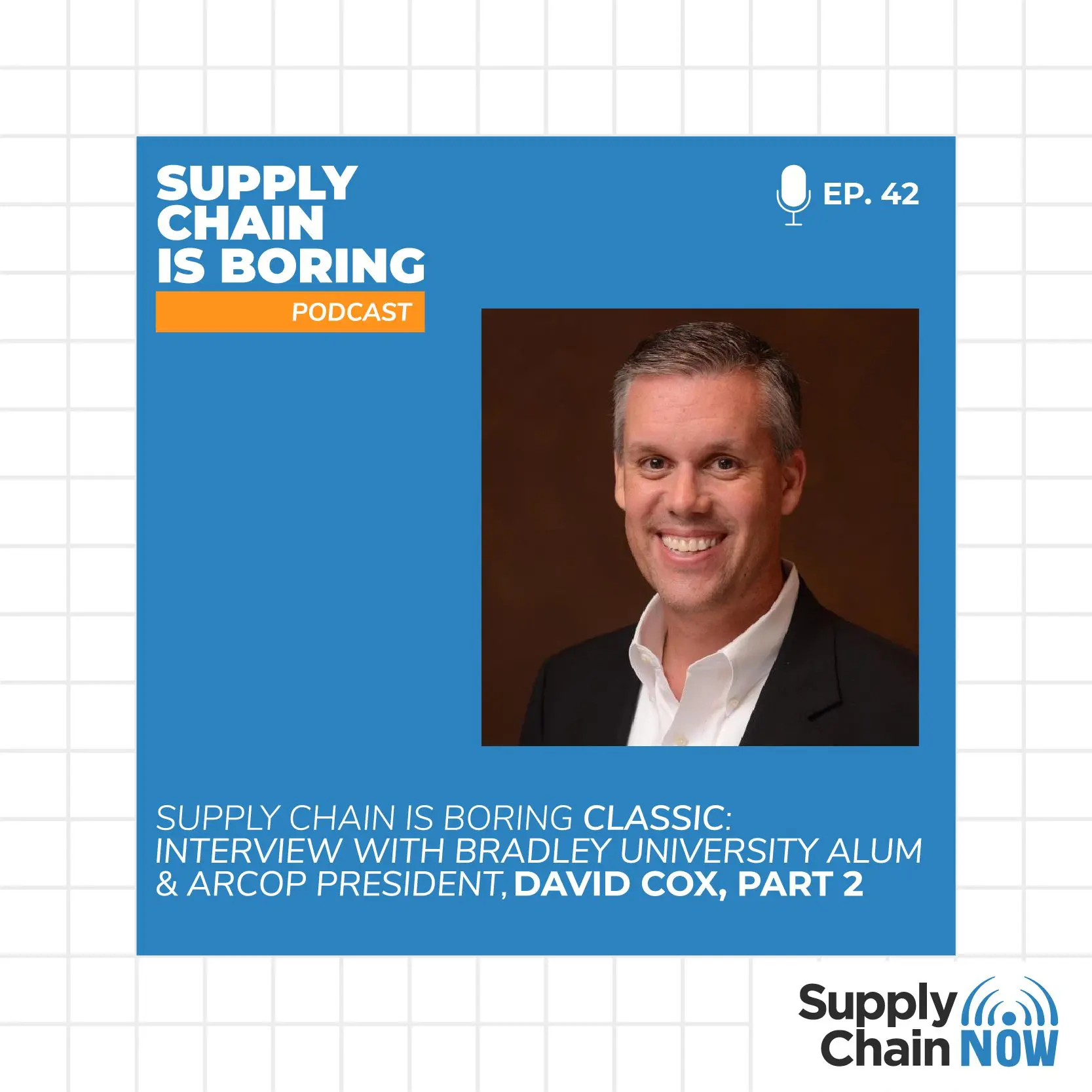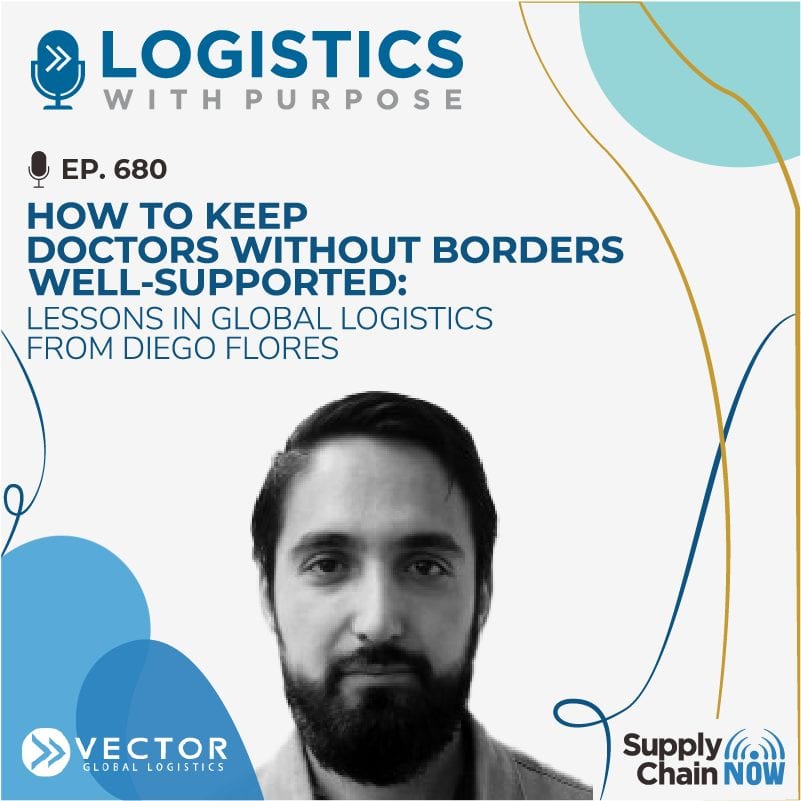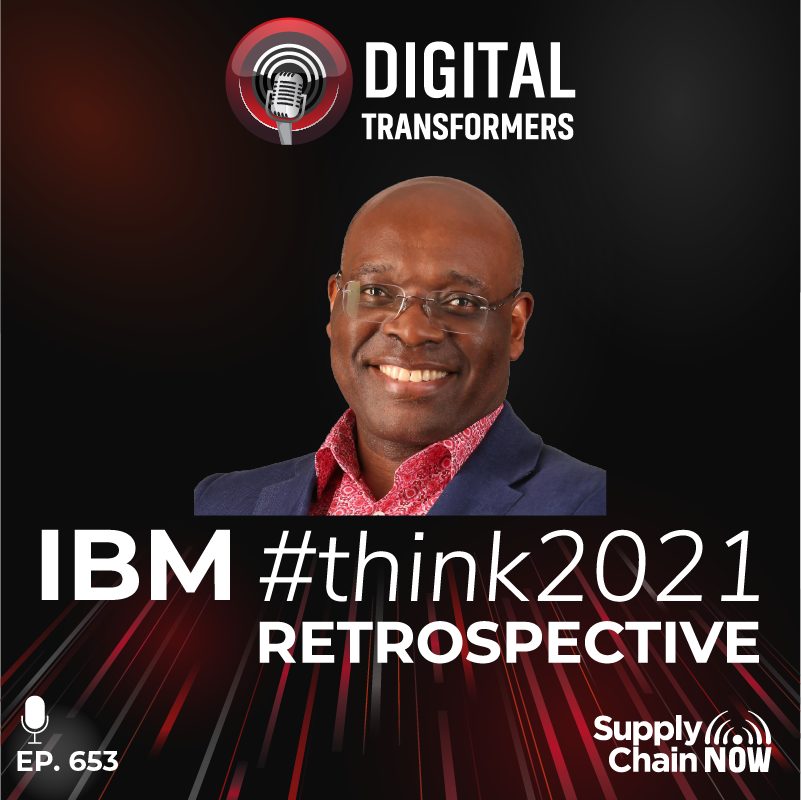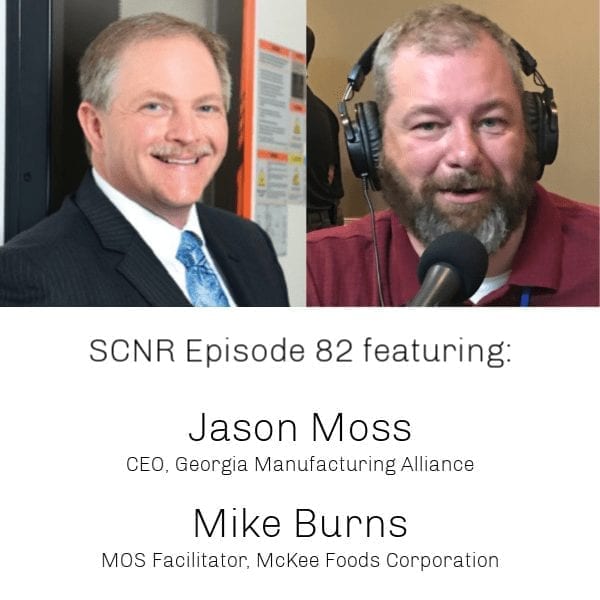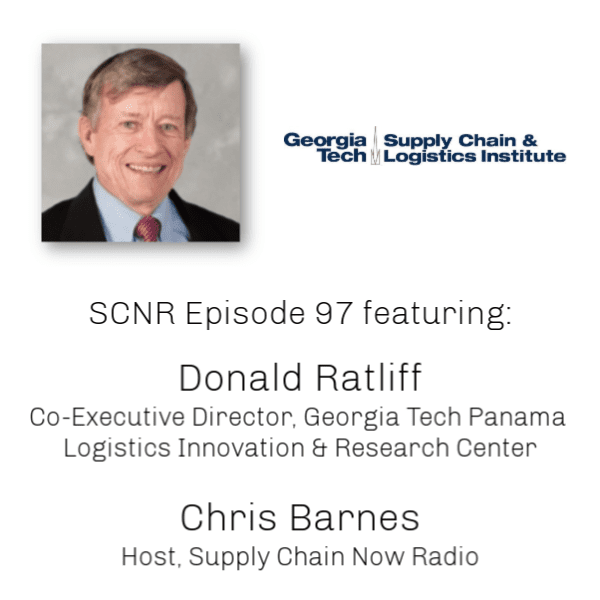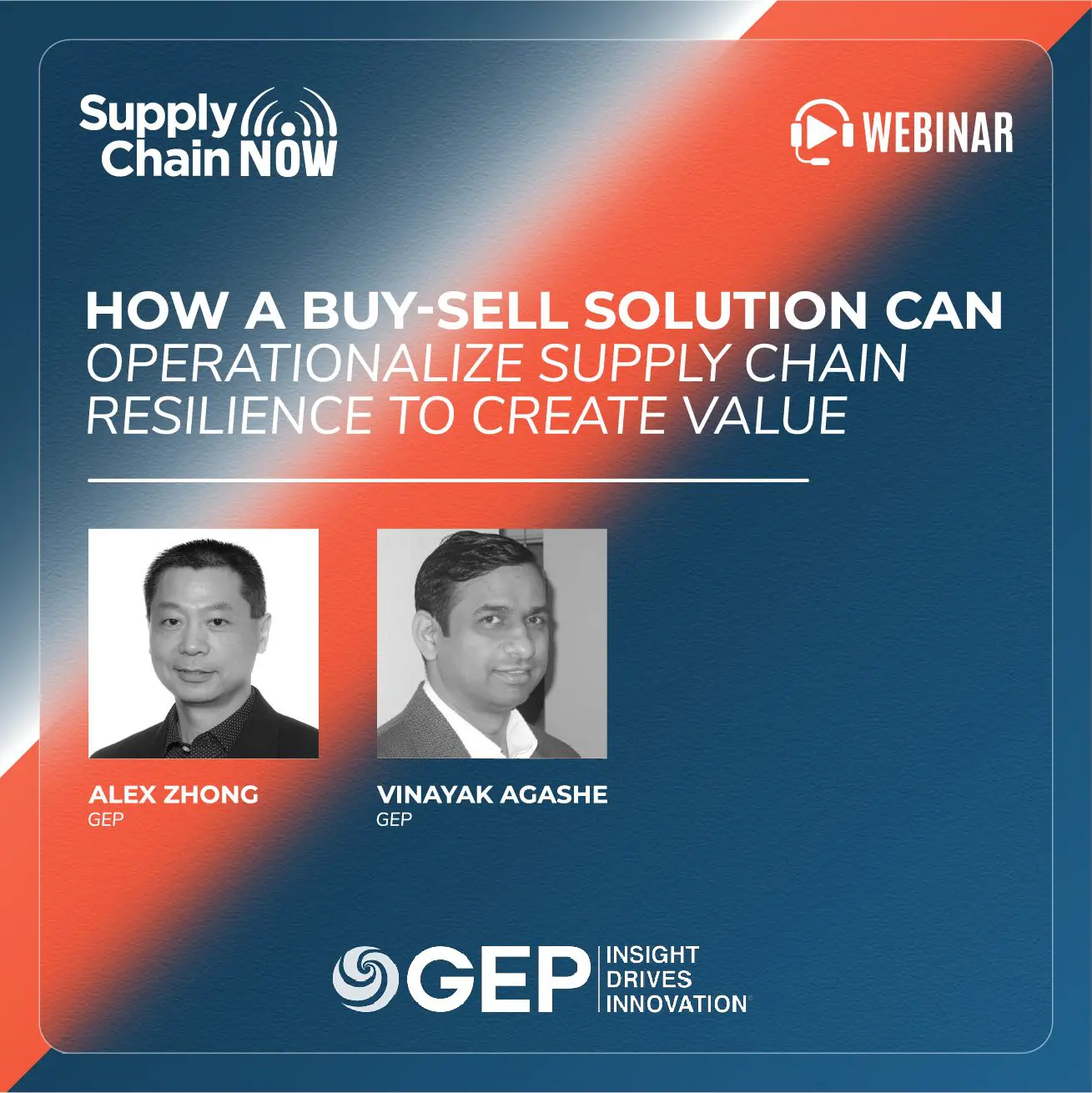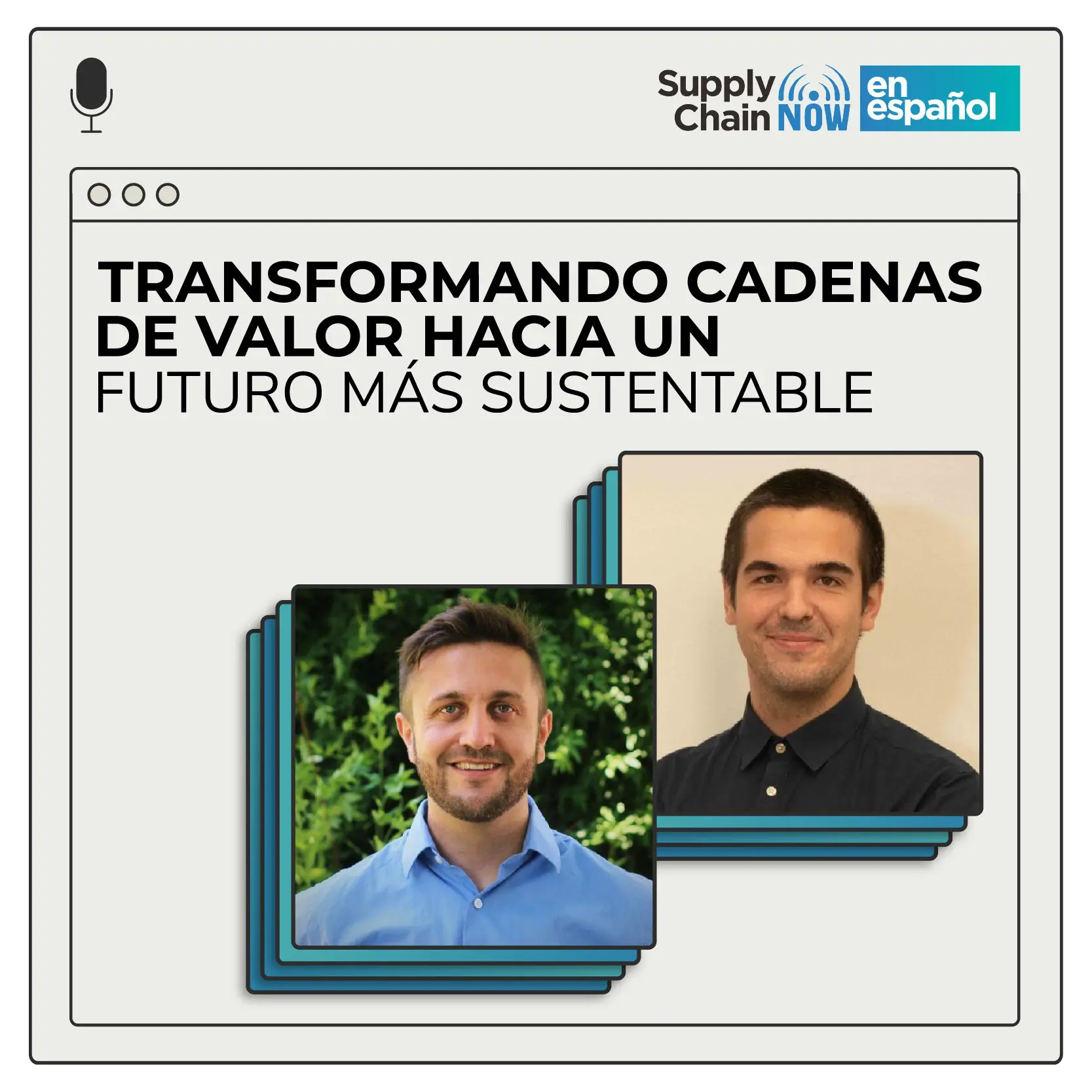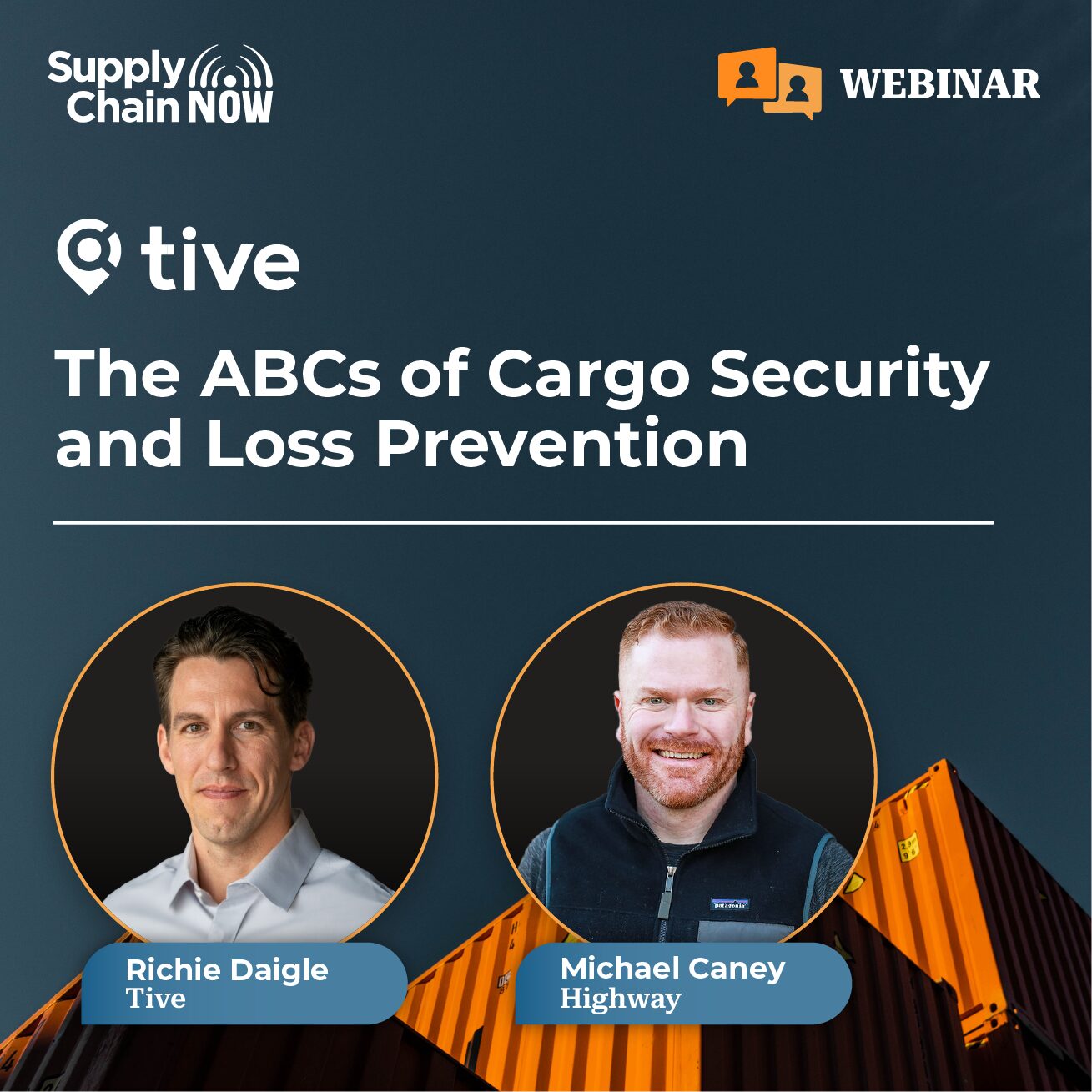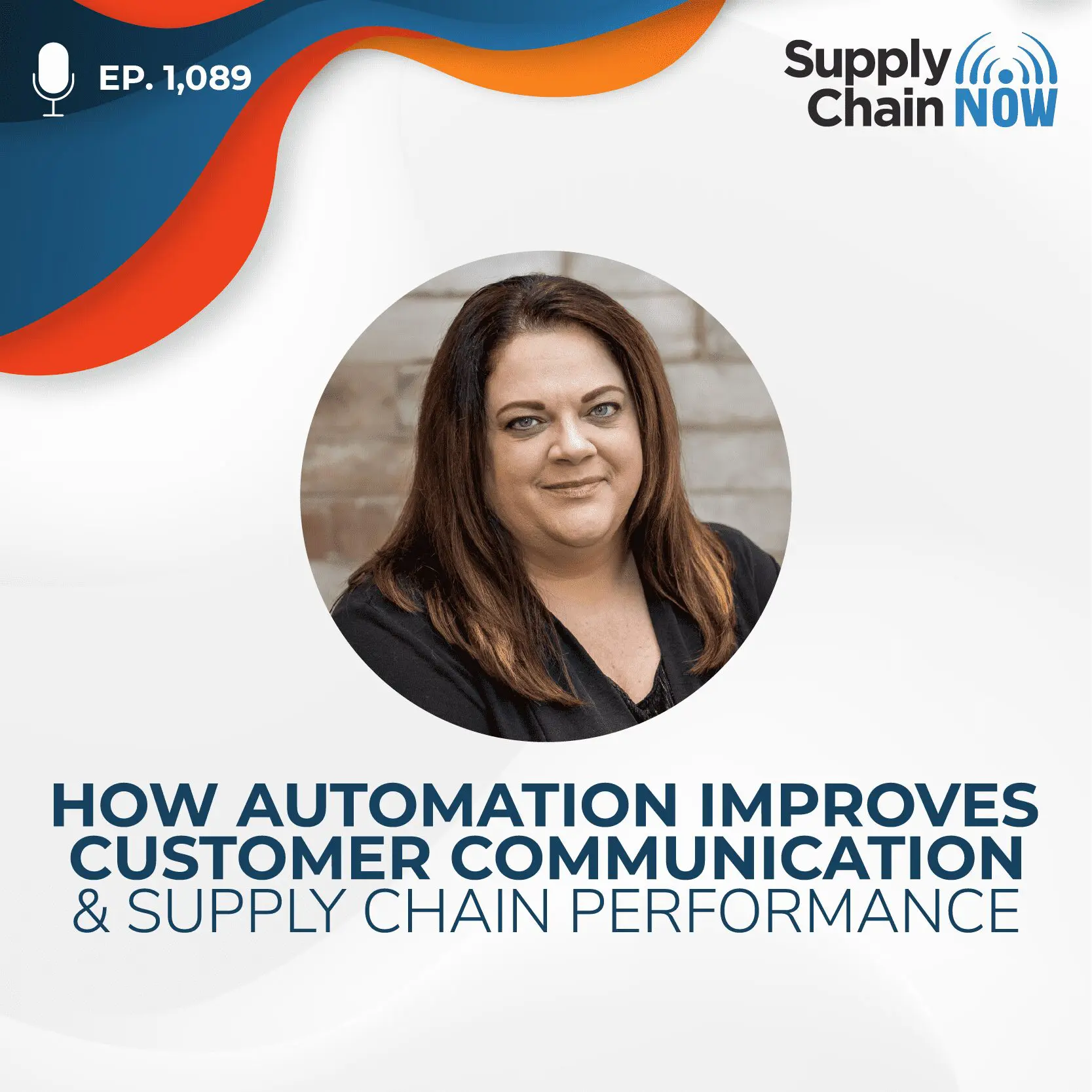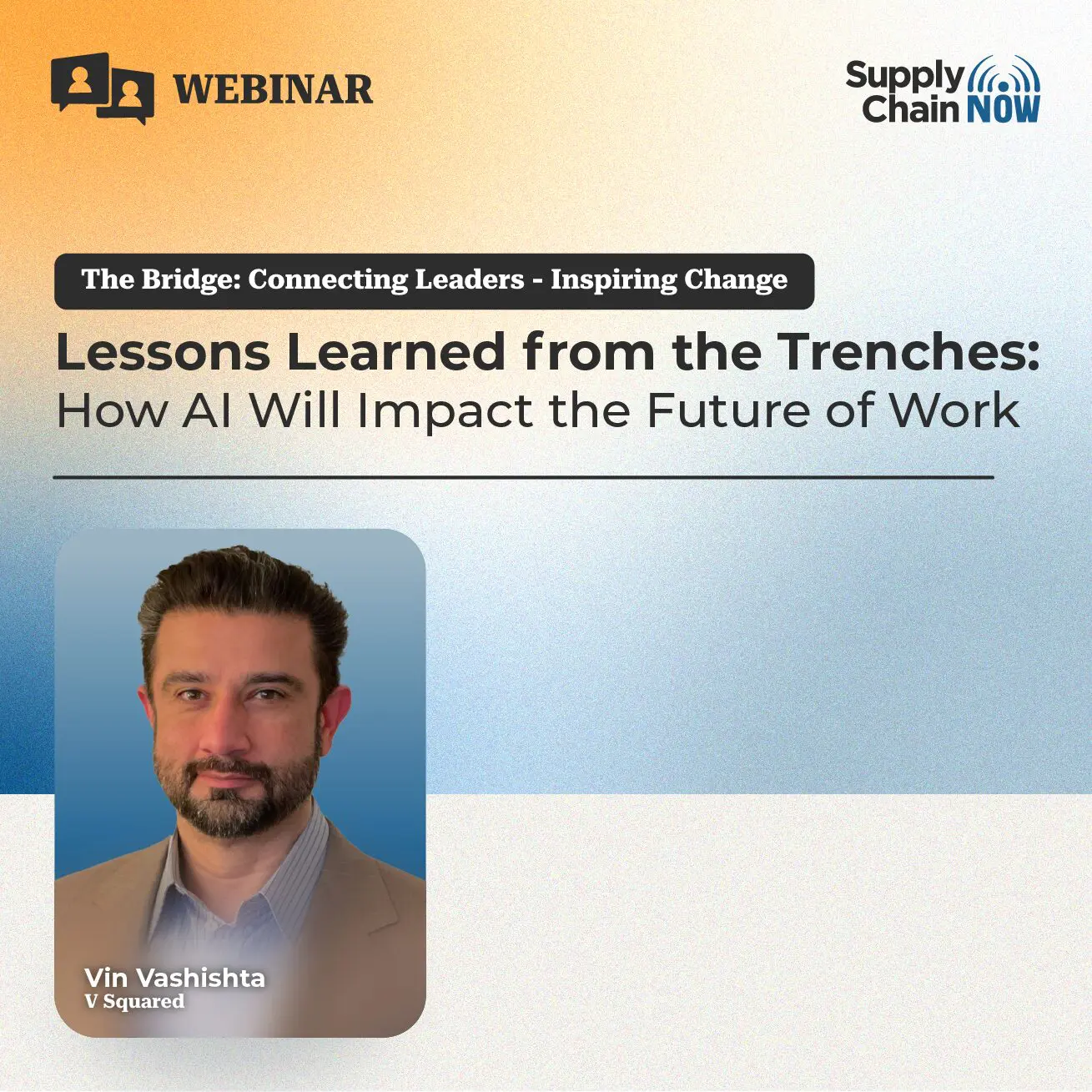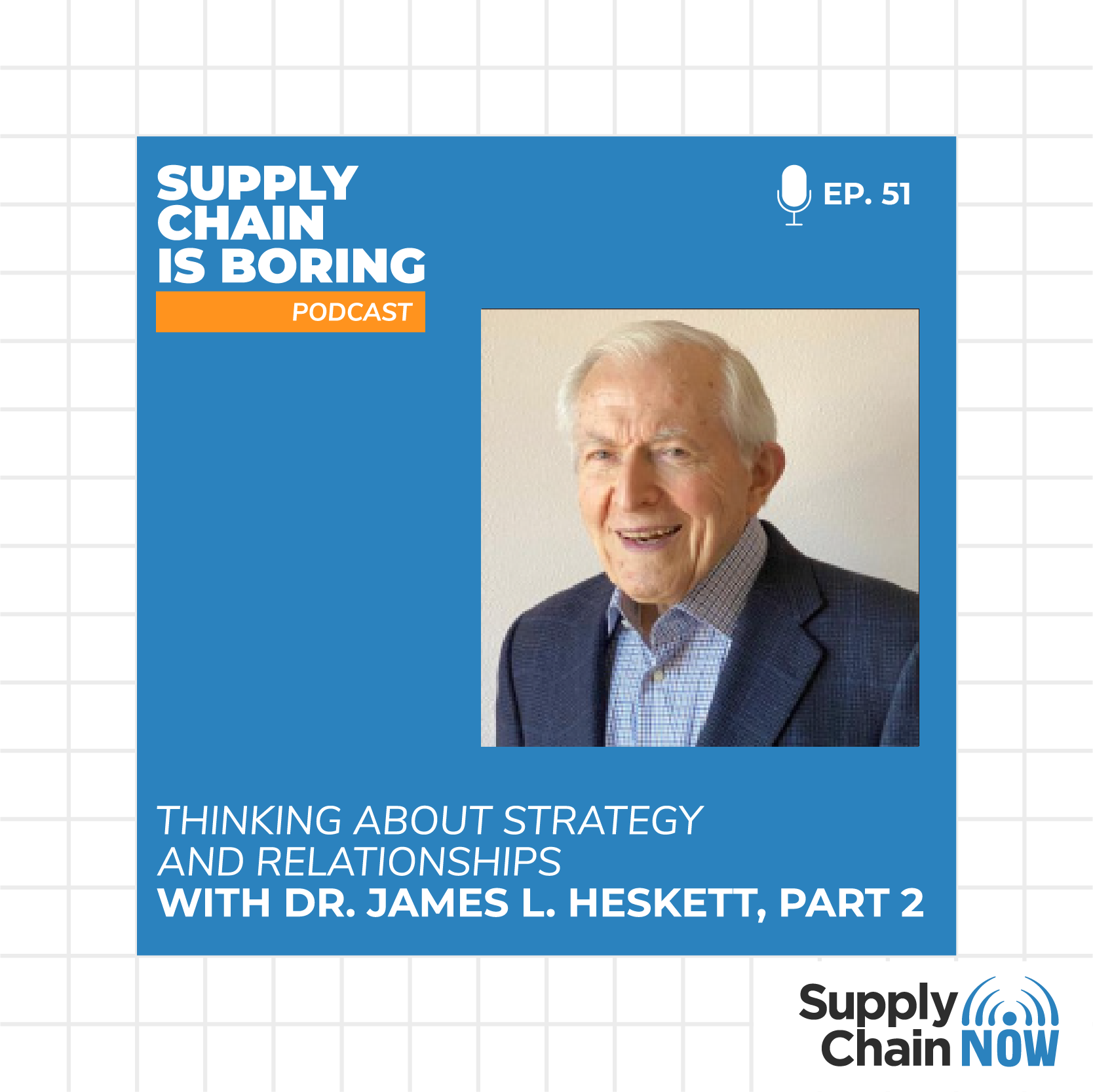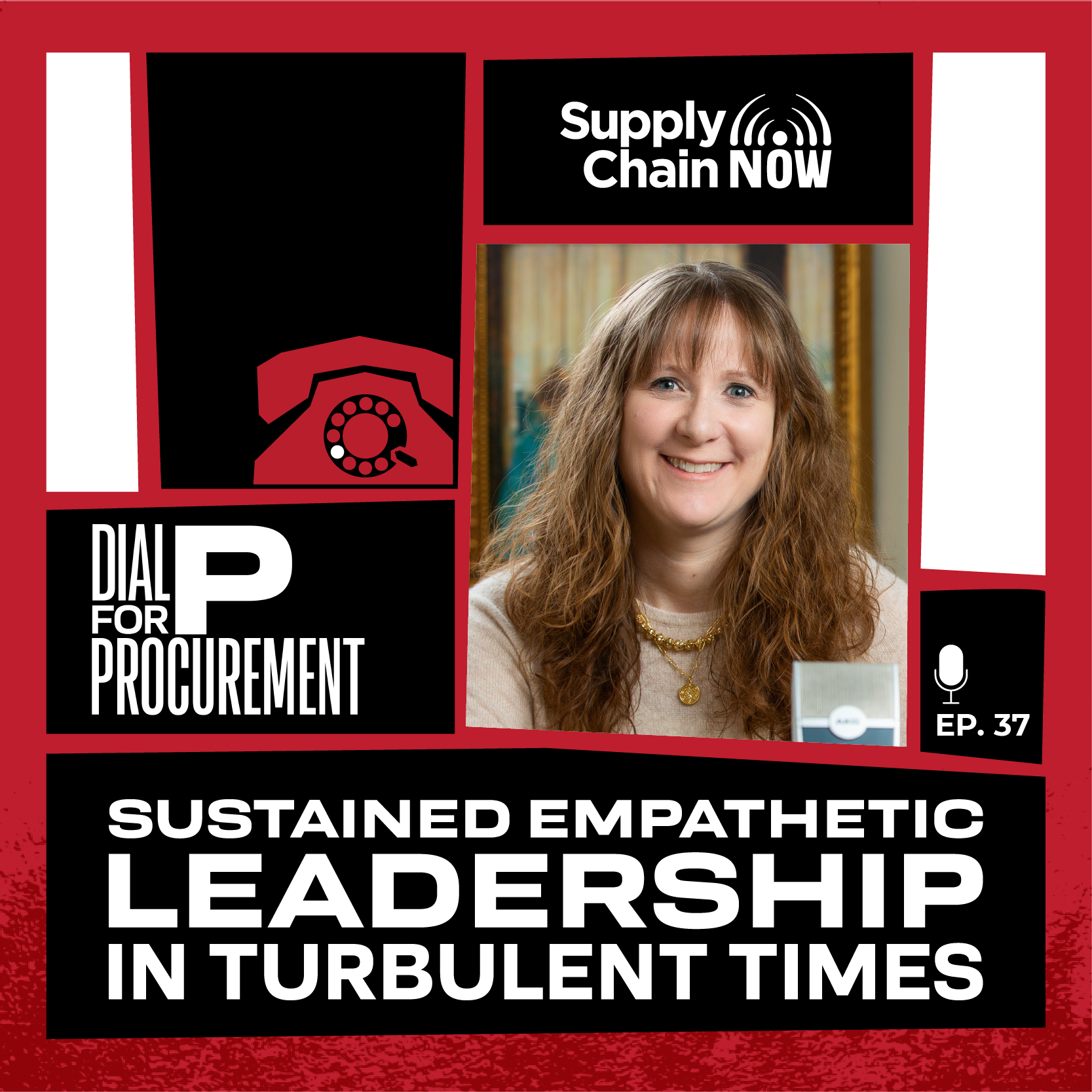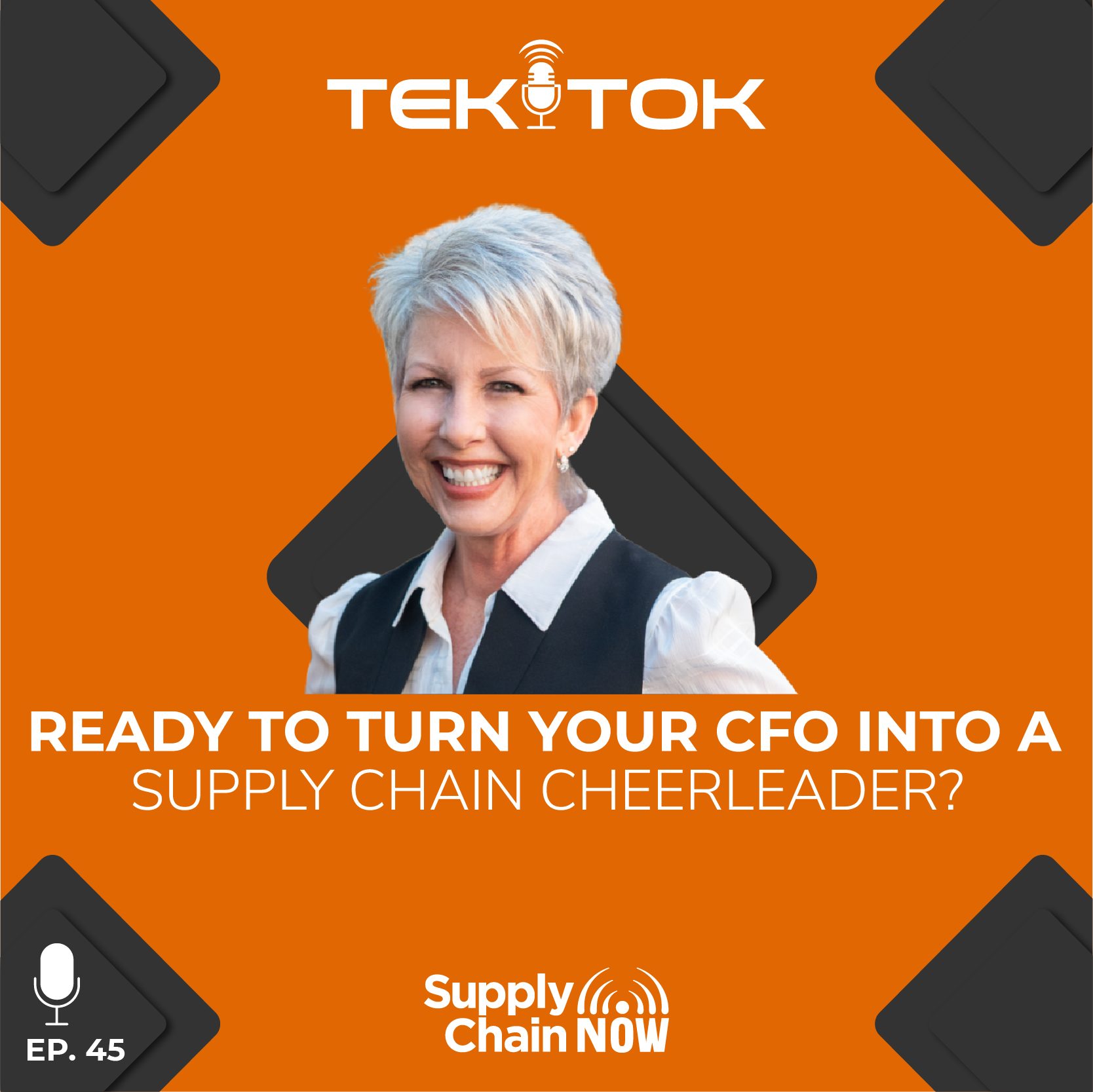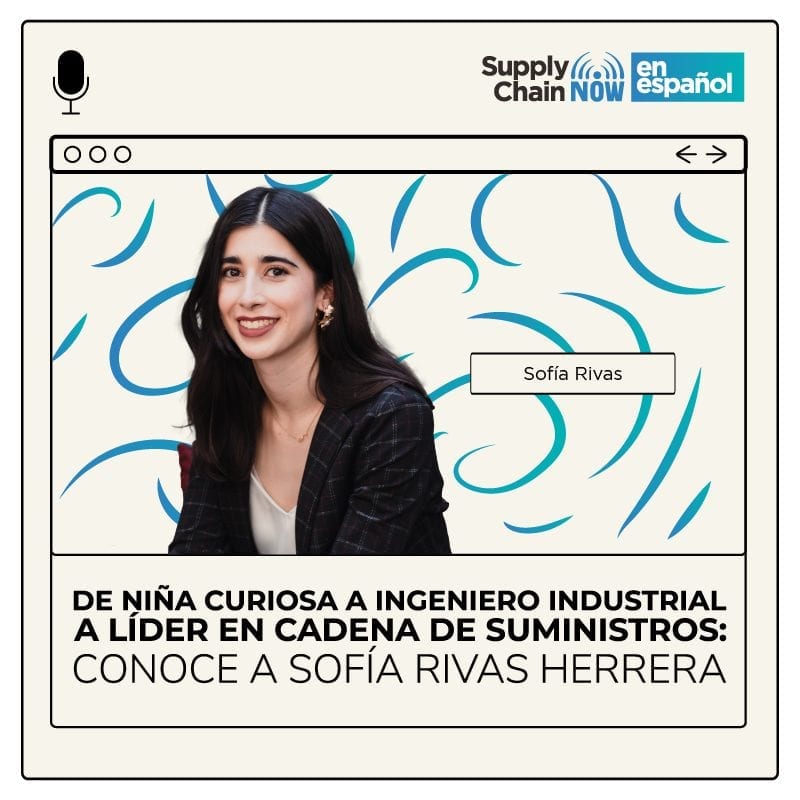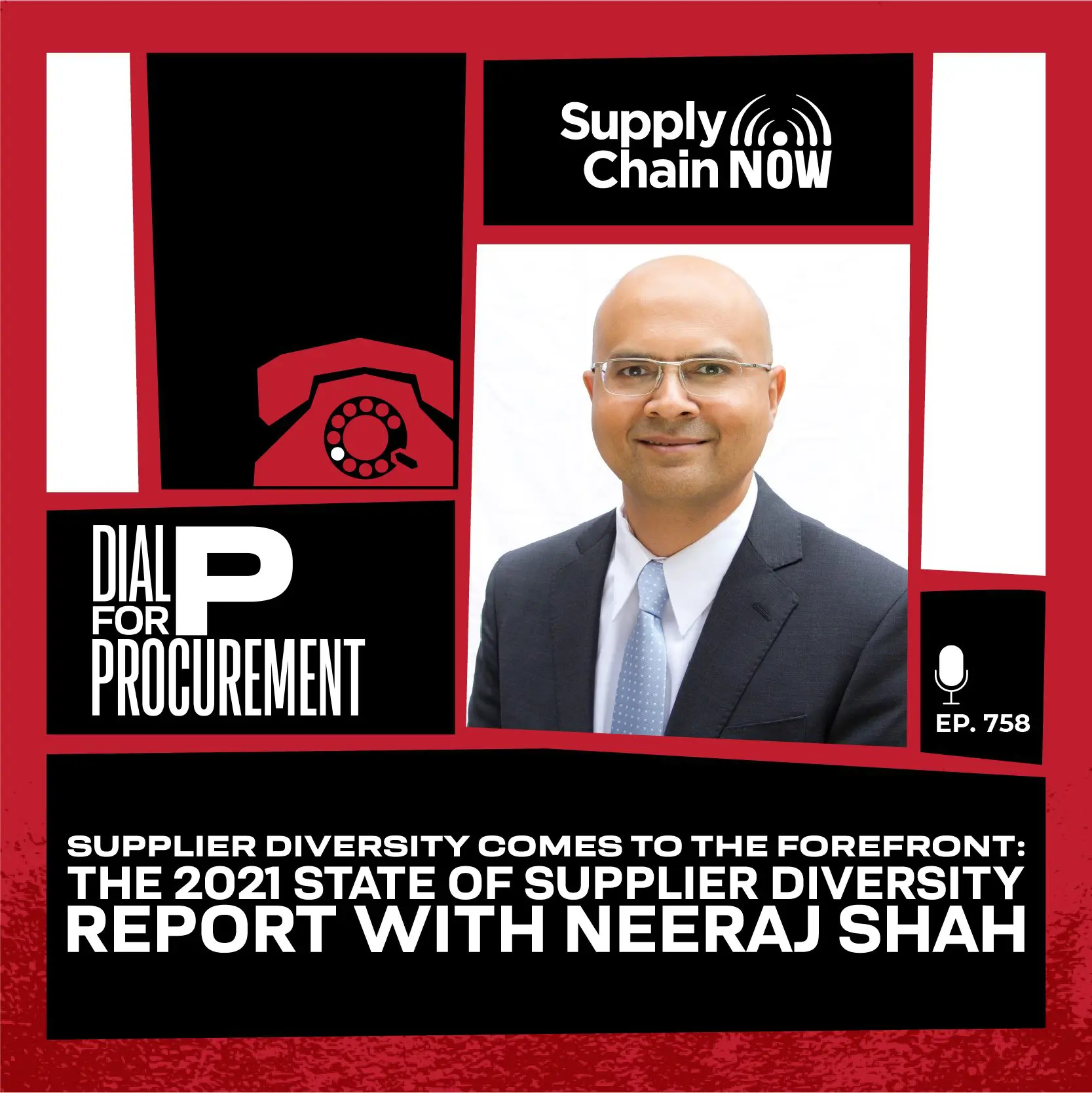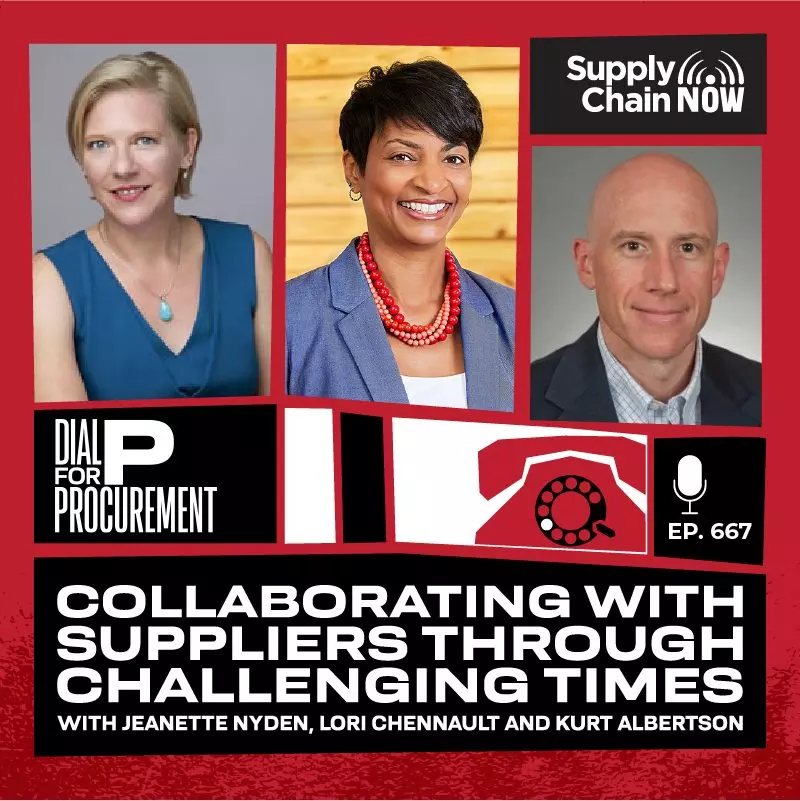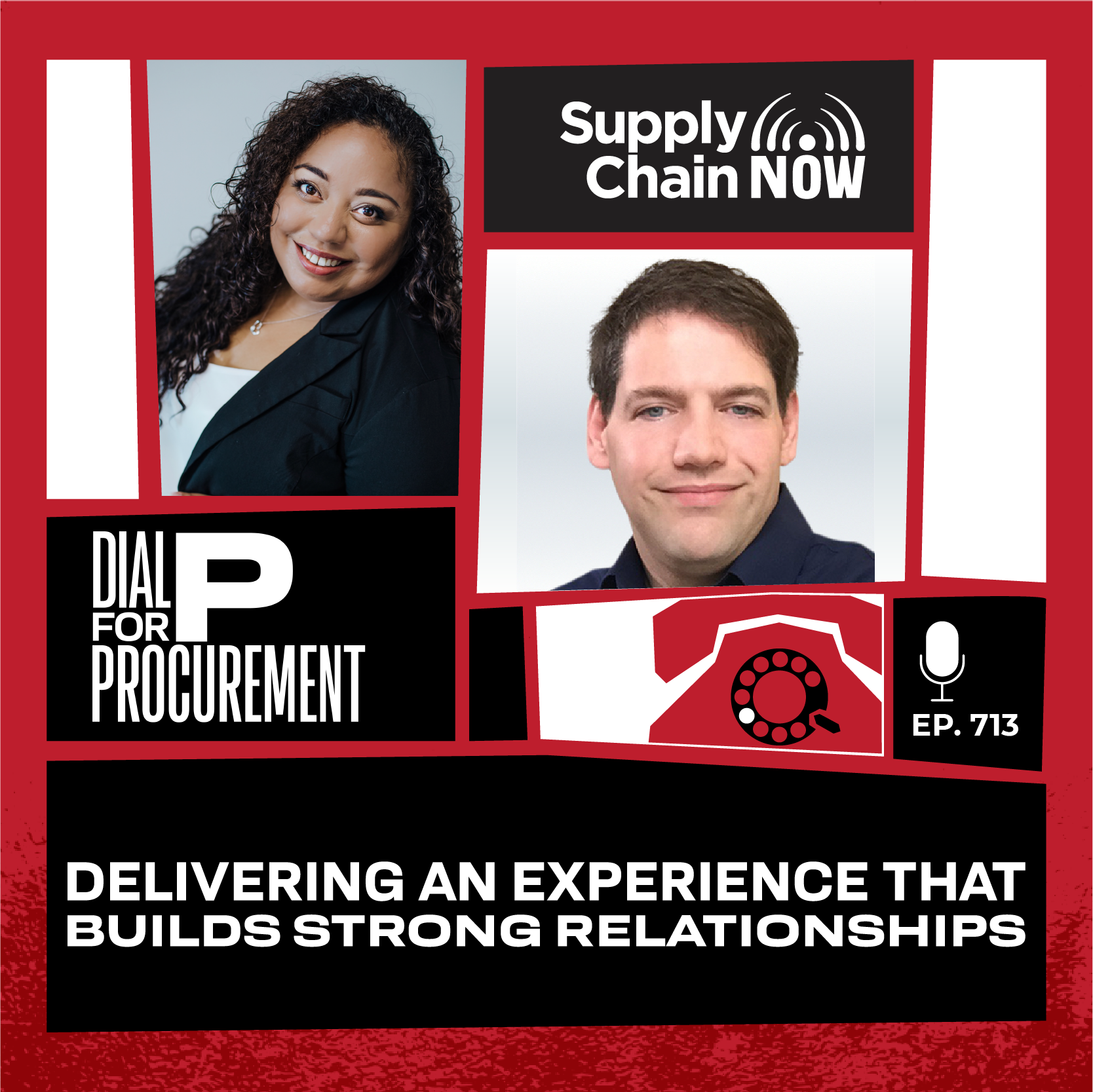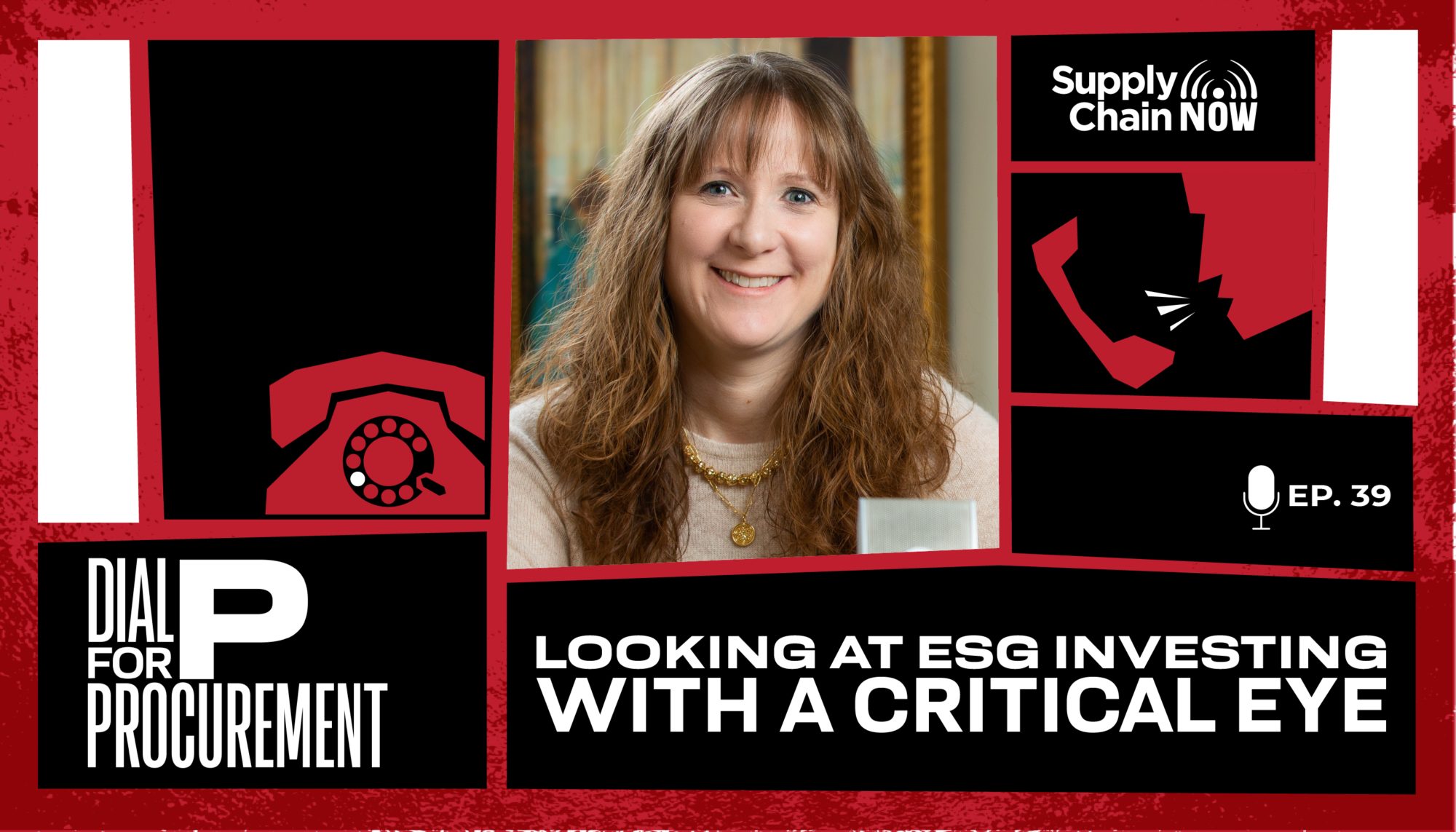
Based on the facts currently available to us, BlackRock appears to use the hard-earned money of our states’ citizens to circumvent the best possible return on investment, as well as their vote.
- 19 State Attorney Generals in a Letter to BlackRock CEO Laurence Fink
Episode Summary
Environmental, Social, and Governance (ESG) programs are at the top of many C-suite agendas, and they have held their place despite economic challenges and sustained supply chain disruption. And yet, in the world of investing, ESG Funds are starting to come under scrutiny – do they satisfy requirements for fiduciary responsibility?
Although most conversations about ESG focus on the environmental and social benefits they promise to deliver, it may be the G – Governance – that ultimately keeps everyone on the straight and narrow.
In this week’s Dial P audio podcast, Kelly Barner looks at recent news stories and lawsuits related to ESG investing and speculates what they may mean for other corporate ESG initiatives:
• How are ESG scores issued, and how closely do they mirror what is happening operationally?
• What kind of leverage does passive investing give influential funds over the companies they invest in?
• Can advancing environmental and social causes be done without forgoing expected returns?
Episode Transcript
Intro/Outro (00:01):
Welcome to dial P for procurement, a show focused on today’s biggest spin supplier and contract management related business opportunities. Dial P investigates, the nuanced and constantly evolving boundary of the procurement supply chain divide with a broadcast of engaged executives, providers, and thought leaders give us an hour and we’ll provide you with a new perspective on supply chain value. And now it’s time to dial P for procurement,
Kelly Barner (00:31):
The environmental, social and governance movement known to its friends. As ESG is one of the hottest areas of focus in business today. Now, by definition, it’s bigger than diversity. It brings together environmental concerns, social concerns, and governance concerns into one movement. And it really does seem to have staying power. ESG has remained on sea level agendas, despite economic challenges and sustained supply chain disruption. Now it isn’t necessarily the same worldwide. In my experience, European companies tend to be a little bit ahead on the environmental part while the us has a history of focusing on diversity and inclusion. So we’re a little bit ahead there, but with so many global entities working on ESG, everybody’s now getting the opportunity to learn from each other and move it forward. Now that’s in a corporate setting, but there’s also an ESG movement afoot in the world of investing.
Kelly Barner (01:39):
And it is starting to run into some issues that I suspect may eventually spill over into the corporate initiative space. There have been a number of pieces in the news. Recently, one that really caught my eye in the wall street journal titled the ESG investing backlash arrives and opinions are all over the map. What it really boils down to is the question of whether you can do good and do well at the same time, especially publicly traded companies have a fiduciary responsibility to their shareholders. And as you start to bring in additional constraints that don’t necessarily have anything to do with the bottom line, it gets complicated. Recently there was pushback from 19 states, attorney generals based on their responsibility for public pension funds calling out an ESG fund for maybe not abiding by what it said, its priorities were from a return perspective. There’s also a lawsuit making its way through the federal courts, challenging the legality of board level diversity quotas for companies traded on the NASDAQ.
Kelly Barner (02:58):
In this episode of dial P for procurement I’ll review, what is ESG investing and why has it been growing in popularity? The tension that’s naturally created when you try to satisfy multiple constraints, sometimes conflicting constraints at the same time and why things seem to be coming to a head. But before I go any further, let me pause and introduce myself. I’m Kelly Barner. I’m the co-founder and managing director of buyers meeting point. I’m a partner at art of procurement and I’m your host for dial P here on supply chain. Now I am constantly scanning the news for appropriately complex articles to discuss things that are interesting, but might escape. People’s notice, especially as with today’s topic. When we’re looking at something that’s crossing from the world of investment, into the sphere of corporate initiatives. My goal is never to lead you to a simple answer, but instead to provide you with the background and context, you need to form your own opinion.
Kelly Barner (04:07):
We release a new podcast episode or interview every single Thursday. So be on the lookout for future episodes. And don’t forget to check out past episodes as well. Before we get back to ESG investing, I have a quick favor to ask. I truly hope you find value in the time we’re about to spend together. If you do. I ask you to give dial P a review on iTunes, offer up some stars on your favorite podcast platform or share this episode wherever you found it on social media, you can also forward it directly to a colleague. I am always grateful for your interest and attention, and most of all, the continuing discussion and comments that I get from everyone who listens. So thank you for being part of the dial P community. Now let’s get back to ESG investing. So we’ve talked about the fact that it’s environmental, social and governance related concerns.
Kelly Barner (05:06):
It’s actually an extension of the corporate social responsibility movement. Also known as CSR that companies ran to make their operations and supply chains more socially responsible. Now I know we’re gonna have a lot of acronyms this week, so I’ll just apologize in advance. CSR is a term that was coined in 1953 by American economist Howard Bowen. But it wasn’t really until the 1970s that the whole corporate social responsibility movement started to gain traction and visibility. So ESG takes the good intent of corporate citizenship and it adds governance, metrics, measurement, and accountability. That’s going to be incredibly important as we go through this discussion today. Understandably ESG funds have been gaining in popularity as more individual and institutional investors want to do good with their money. We want all different options to be available in the free market of ideas and the best ideas should win out.
Kelly Barner (06:14):
But there’s a series of questions that have called the actual benefits of ESG funds into question they’ve been placed at odds with expectations, let’s say traditional expectations about oversight and returns. The question is whether ESG based investment funds are able to do what they promise, or if they just prey on investors who want to be good citizens, but don’t necessarily dig into the details. Is it possible to create a fund with a social agenda that also meets the fiduciary responsibility that fund managers have to their investors? Now, key to this is the question yes. Of politics, whose politics, whose social cause are these funds going to back? It’s a little bit like waiting into electrified waters, especially around social issues. My mainstream is your XStream and vice versa. Now some of the funds that we’re going to talk about today are involved in passive investing.
Kelly Barner (07:20):
So what passive investing means is that these institutional investors come in and they hold the shares for a long time. This also gives them a long time to influence how these companies run and the decisions that they make is what they ask of those companies and their boards of directors over that length of time in the best interests of employees and shareholders. That is an open question. ESG scores, that’s sort of a rating that each company gets that determines perhaps whether they’re part of an index or a fund that has an ESG related mission. They’re assigned by companies like Bloomberg S and P down Jones, just capital MSCI and Refinitiv. And what is included in those scores varies a little bit by company, but they really come down to trying to capture ESG risks and how well the company is managing them. So it might include things like worker safety, company, energy efficiency, and board diversity.
Kelly Barner (08:25):
And they’re called out as separate because those are not included in traditional financial analysis. Now there are upsides to ESG investing people that believe in them, talk about the fact that it makes a portfolio more resilient in multiple ways. They point to better long term risk adjusted returns. And those are wonderful things. But here at dial P we specialize in complexity, even when it comes to the, the environment and social acceptance, there is no singing kumbaya on this podcast. And that brings us to the controversy. In the one corner, we have fiduciary duty to investors and shareholders. In the other corner we have cause driven investing. The question is whether those two can coexist and also achieve their stated goals, questions, especially in the environmental sphere might come up around greenwashing. So are these companies actually sustainable or do they just manage to use the rating system to look sustainable on paper, Aaron Y an assistant professor of accounting and information at Northwestern university’s Kellogg school of management was recently quoted in a wall street journal article talking about the relevance between an ESG program and what the company does.
Kelly Barner (09:54):
So for instance, he brought up the connection between a product or service that a company provides and how they make the case that they’re investing in ESG. You might have a chemical company that reduces waste water or energy consumption. You might have a professional services firm that deliberately tries to create opportunities to promote from within, across the spectrum of the population. The question is whether doing these things advances the company’s mission and increases their value proposition, or whether it ends up diverting company resources to unrelated activism, just to please the general public of all the funds that invest in ESG. BlackRock is the best known. They’re one of those examples of passive investment. So they get the shares of a company and they hold them for a much longer period of time, certainly than you would associate with something like day trading. So once BlackRock invests in a company for its ESG fund, they’re around for a while.
Kelly Barner (11:06):
And in that article that I mentioned about the investing backlash in the wall street journal, they say that BlackRock is a leader in impressing ESG standards on the corporations it invests in. So that is definitely an example of activism. They may require that the leadership team or that the board of directors consider other requirements like net zero emissions requirements, right? This means, and as I had said, everyone’s politics are a little bit different. They clearly have a political and social agenda of their own, that they are working to advance through these funds. Now today, most ESG terms for most companies are voluntary, but at some point, if they become regulated, that’s going to completely change the playing field. Now, I mentioned that open letter from the 19 states attorney generals, they have responsibility for where the state public pension funds are invested, how they’re invested in what returns those people get.
Kelly Barner (12:14):
The question has arisen about when it’s appropriate to consider non-return based factors like ESG, more value oriented, social, environmental, longer term, bigger impact versus simply how much money did we put in and how much money are we getting back out. Now, some governments given the fact that we’re talking about state pension funds, some states are in parallel passing legislation that is related to companies pursuit of ESG status. So in that you may end up with a little bit of a conflict or a little bit of a circular error. If these interests come into conflict, BlackRock recently sent out a letter making the case that they focus solely on their fiduciary duty. And these attorney generals have taken issue with that saying that no, specifically in the ESG fund, it is not simply about fiduciary duty and maximizing returns. There are other things at play. And so it’s a question of what BlackRock has stated about the funds and the investment strategy, and what’s actually happening in practice.
Kelly Barner (13:26):
Now, let’s look at one industry specific example, you know, for this, we have to look at oil and gas. So BlackRock Vanguard and state street manage a combined 20 trillion in assets between them. They own 21% of ExxonMobil. This allows them to decide who gets onto the board of directors. And because they’re staying around for the long term, they have real leverage. This leverage takes the form of ownership. It takes the form of social clout, and they’re able to deter what happens at these companies makes me wonder at what point is this investment no longer, really passive? Now you can’t talk about something controversial without checking him with our good friend Elon Musk and yes, like many other things he has weighed in on the topic of ESG investing. So Tesla, his electric car company was recently booted from the S and P 500 ESG index while Exxon mobile, the company that BlackRock Vanguard and state stream owned 21% of collectively stayed on the list.
Kelly Barner (14:42):
Now the most simplistic view of this is how can an oil company stay while an EV car company goes naturally, Elon Musk tweeted his disapproval. And the response from the S and P actually went beyond the E of ESG to talk about the S and the G. So wonder S they cited poor board diversity and working conditions in the factories and around G for governance. They talked about how Tesla has handled some of the autopilot issues they’ve had with their cars. So it makes it very complicated, and certainly not apparent both how these scores are issued. And then also the judgment decisions around which companies get to stay and which companies go now, given the fact that Tesla’s board diversity became an issue with them dropping out of the S and P 500 ESG index. This gives us an opportunity to really focus in on this issue for a minute.
Kelly Barner (15:46):
I mentioned in my intro that NASDAQ has a new rule going into place over the next few years, that requires specific representation on the boards that will be listed on their index for trading for now. Companies just have to report on diversity. They have to fill out standard paperwork saying what their current diversity is. The intent over time is that they’re going to have to change the makeup of the board to meet the diversity requirement or sufficiently explain why they haven’t complied. Now it does seem notable. I know we’re talking about S and P as well as NASDAQ, but we can look at Tesla in both places. Tesla doesn’t have satisfactory board diversity S and P has already delisted them from their index. So once again, there’s all of this judgment involved around who has what expectations for what kind of change on what timeline the ultimate goal of NASDAQ’s new policy is to increase representation from women, racial, ethnic minorities, and members of the LGBTQ plus community in boards of directors.
Kelly Barner (16:58):
Now, my background in coming to ESG is truthfully through procurement and supplier diversity. And I find it interesting that the NASDAQ policy leaves out two groups from their diversity requirement. They leave out veterans and they also leave out professionals with disabilities. These are two of the main groups of both traditional supplier diversity programs and also workforce diversity programs. So I found those to be an interesting exclusion in the lawsuit that I’ve mentioned. It’s currently in the fifth circuit working its way through the federal court system. And this is ongoing opening arguments were heard on August 29th, 2022, the lawsuit questions, the legality of NASDAQ’s requirement, and it claims discrimination of candidates based on race, gender identity, sexual preference, et cetera. So the idea here is in order to advance a woman potentially, or a Hispanic professional, potentially to a board of directors, you may have to pass over a white male just to go with the most stereotypical example.
Kelly Barner (18:11):
Now there’s an interesting government involvement here. The security is an exchange commission, or S E C another acronym they’re involved in this lawsuit because they signed off on NASDAQ’s policy. So although NASDAQ is a privately held company, which does allow them more leeway constitutionally to make these policies, they are federally regulated by the C. And so the fact that the sec signed off on this policy may actually bring it into conflict with the constitutionally protected, right against discrimination. Now it’s working its way through the courts, but already the constitutional implications have people suggesting that this case is probably Supreme court bound. So regardless of what ruling we get out of the fifth circuit, it’s probably not going to be over. There’s one other thing that I’d like to bring into this conversation. We’ve talked about it a little bit, but it tends to get forgotten in conversations about ESG and that’s that poor third G for governance.
Kelly Barner (19:20):
Now it’s really important because G is ultimately the difference between CSR or corporate social responsibility and today’s modern ESG movements. That G is all about accountability. So on the sustainability side, greenwash is the term for when you claim to be environmentally friendly or have a sustainable process, but you don’t actually, you’re doing some funny math. You’re maybe playing a funny PR game to make the process look more sustainable than it actually is. I’ve never come across a similarly accepted version of that term on the diversity and social issue. Side fraud seems like a strong word, but it probably isn’t far off. Now at the same time as this case is working its way through the federal courts. We can see other examples of how the S sec is getting itself involved in ESG issues. For example, the S E C has brought charges against very large investment firms like BNY Mellon and Goldman Sachs.
Kelly Barner (20:31):
These are enormous influential resource, rich companies they’ve brought charges, not necessarily of greenwashing, but they’ve taken issue with their ESG reporting compared to what’s actually happening. Goldman Sachs case is still working its way way through the legal process. But BNY paid 1.5 million to settle their case with the S E C. So these are significant issues. And all of us, whether we’re interested from the investment standpoint, or simply from a corporate ESG standpoint, need to be following these cases. So what then is the takeaway? I do believe that multiple competing options should be allowed to exist in a free market, but this only works as long as everyone is being fully transparent. If BlackRock wants to offer a fund that prioritizes ESG ratings, in addition to investor return, fine invest in that, or don’t as long as they are totally clear about that in their disclosures.
Kelly Barner (21:34):
All investors get to make that decision with their money in cases, such as with the state pension funds, where investments and returns are expected to be more straightforward. I E focused on straight profits, maybe investing in an ESG fund, isn’t the right play, also fine. They need to understand what their goal is and appropriately select funds that meets that goal. We also, as we have in so many episodes of dial P, we have to come back to this idea of government involvement in business decision making. So you have the NASDAQ making decisions about policies for companies that will be listed. You have ESG funds and investment managers, making decisions or giving very strongly worded advice about who should be on boards of directors. And then we have the government potentially signing off on these policies or even charging companies who’s reporting they’re not comfortable with.
Kelly Barner (22:33):
And that comes from the S E C. So it stays complex. This is a question of does the right hand know what the left hand is doing and can all of us see both hands? My thought is that a potential solution comes to the difference between active and passive and direct and indirect. So for instance, don’t allow a distant fund manager to decide where you put your money. If you are a company and you wanna invest in ESG, find your own cause and invest in it directly, as opposed to allowing an institutional fund to get involved in a mix of different causes. For instance, there was an article in Forbes that I thought was insightful by George Al Strobel. The second he’s a partner and co-founder as well as the co CEO of Monarch private capital. And it was called how corporate boards can avoid ESG investing pitfalls.
Kelly Barner (23:33):
He advocates for title controls. So pick your own direct cause hold them accountable and hold yourself up accountable. Be transparent through the process. I also go back to the point from Aaron Y at Northwestern, make sure your ESG investments are relevant to your value proposition as a company. If you’re a manufacturer, look at your energy consumption, look at your CO2 emissions. If you’re in professional services, invest in hiring and training to foster diversity, we all tend to get in trouble when we have to make judgment calls. Now this is a big kid game. We can’t avoid all judgment calls, and sometimes they’re going to be tough. We need to take steps to mitigate the impact of potentially making a bad call and transparency and oversight. That’s that G and ESG. It’s not the part that we usually talk about, but it’s probably the part that’s going to keep us on the straight and narrow.
Kelly Barner (24:36):
The reality is adding more constraints to any decision, whether investing, choosing a supplier to work with absolutely anything is going to change the ROI. That’s not necessarily bad, but you need to be clear about what that impact is. If you know, your ROI has to be in dollars rather than social or environmental impact or vice versa, own that, be clear about it and invest accordingly. Now that’s my point of view, but I always advocate for you to not just listen to these episodes, join the conversation and let me know what you think. How do you feel about ESG investing or how is ESG working out within your company? If you found this episode of dial P on LinkedIn or Facebook or Twitter, shoot back a comment I can assure you I’m watching. And I listen to no voice more clearly than that of my listeners. We all need to be part of this conversation to figure out what the best solution is. There are so many perspectives to bring into important issues like this, and just like the free market. The free market of equal exchange of ideas is truthfully what we need to get through challenging situations like this one until next time. I’m Kelly Barner, your host of dial P on behalf of the whole supply chain. Now team, thank you as always for listening and have a great rest of your day.
Intro/Outro (26:11):
Thank you for joining us for this episode of dial P four procurement and for being an active part of the supply chain now community, please check out all of our shows and events@supplychainnow.com. Make sure you follow dial P four procurement on LinkedIn, Twitter, and Facebook to catch all the latest programming details. We’ll see you soon for the next episode of dial P for procurement.
